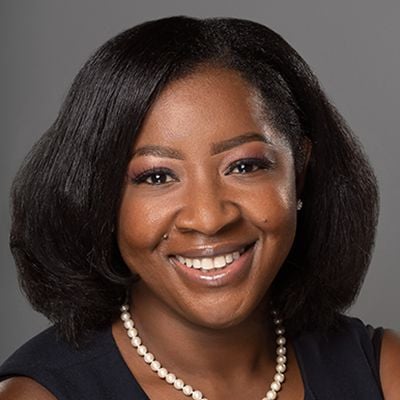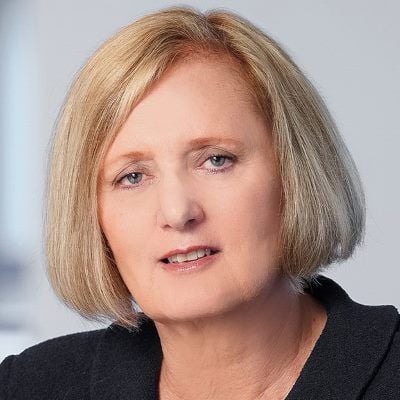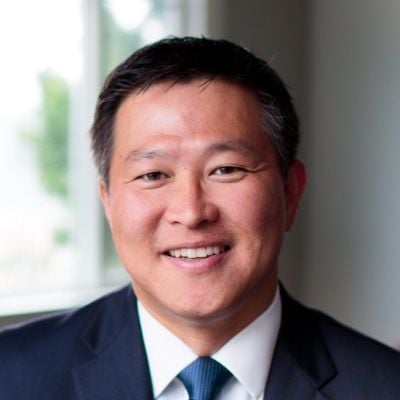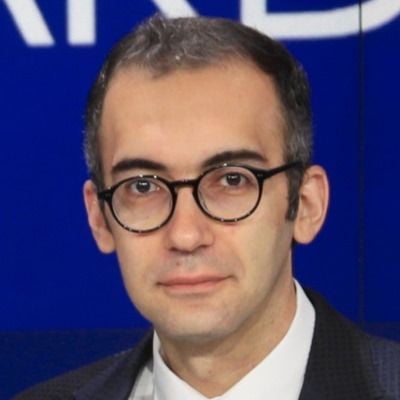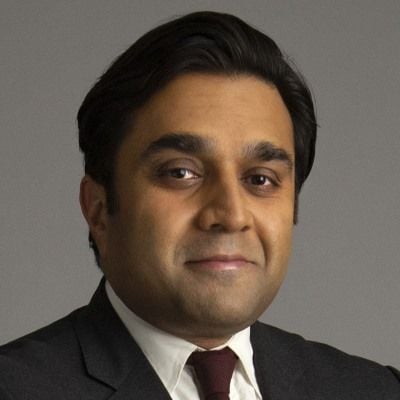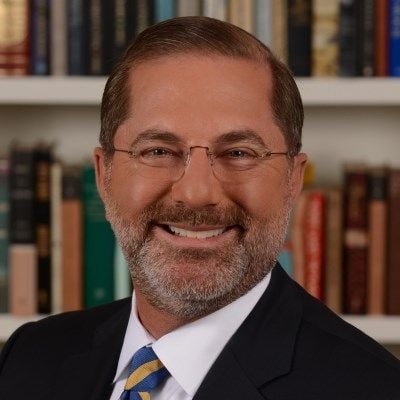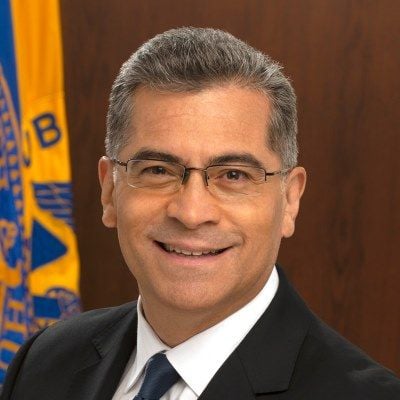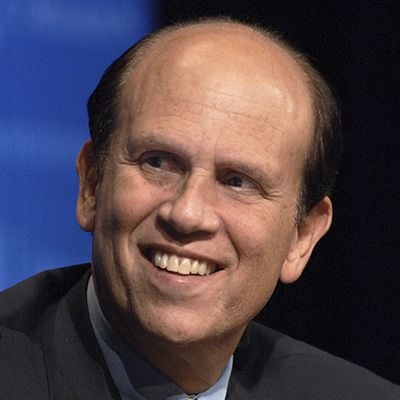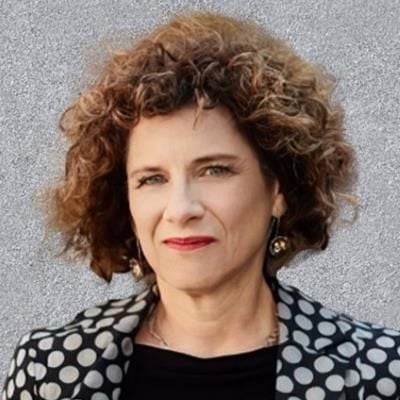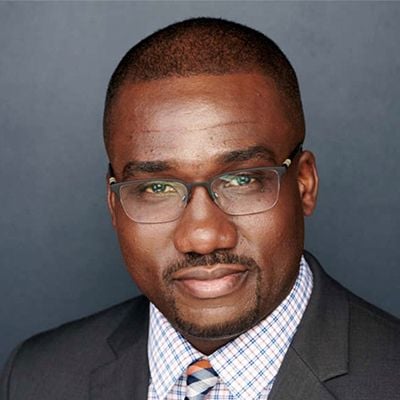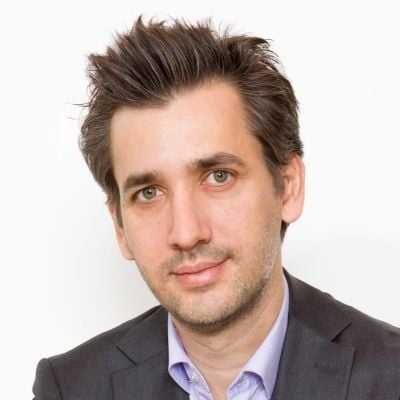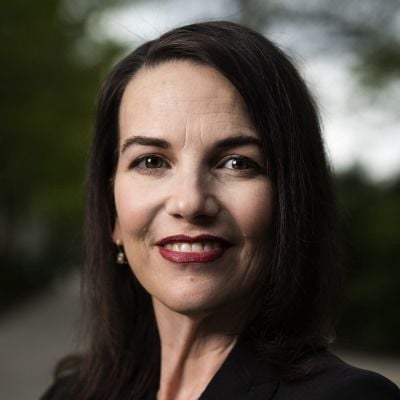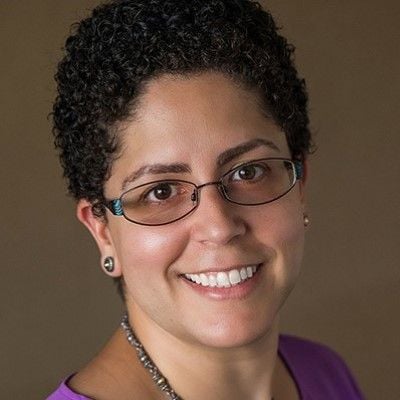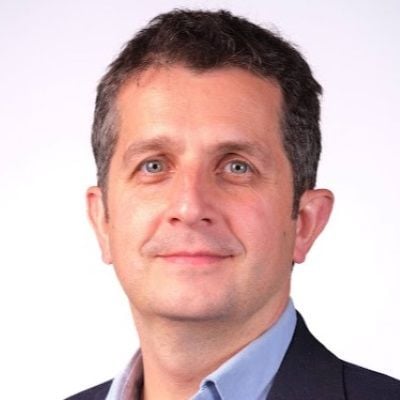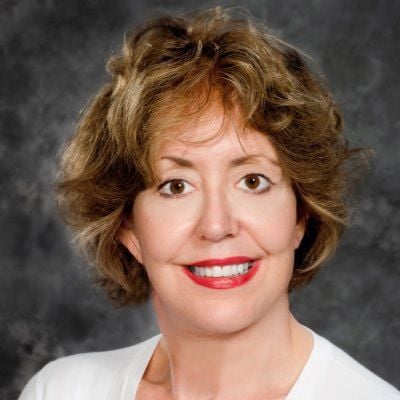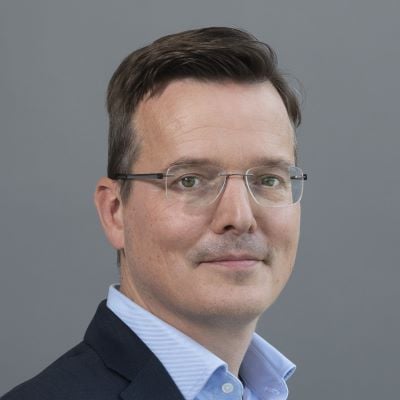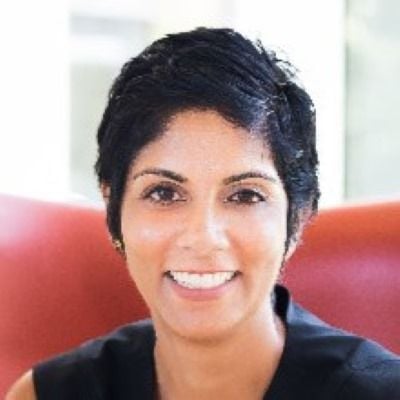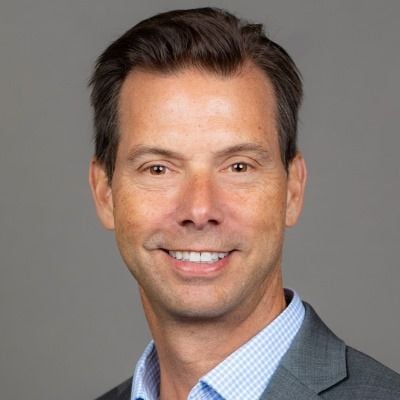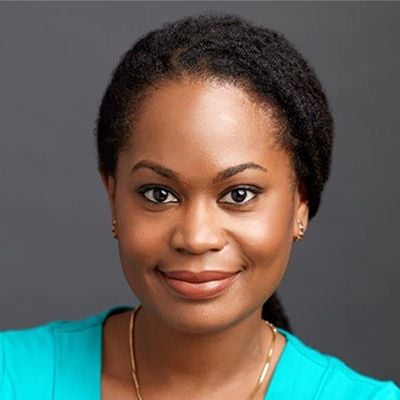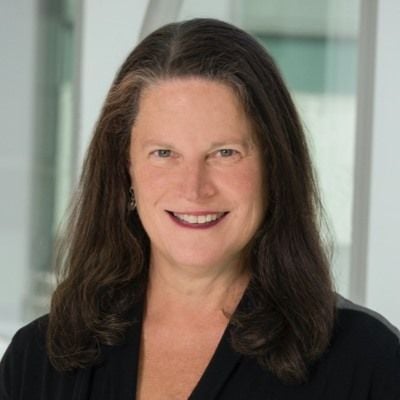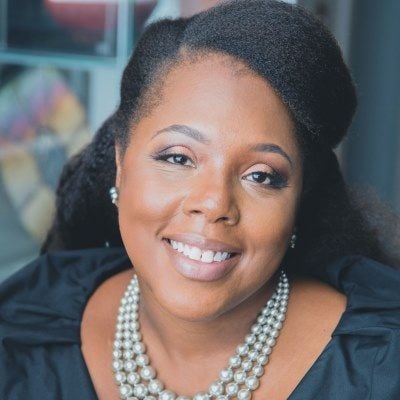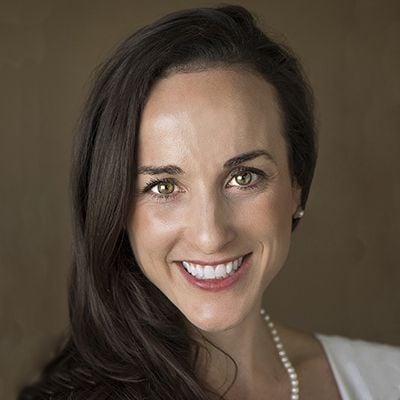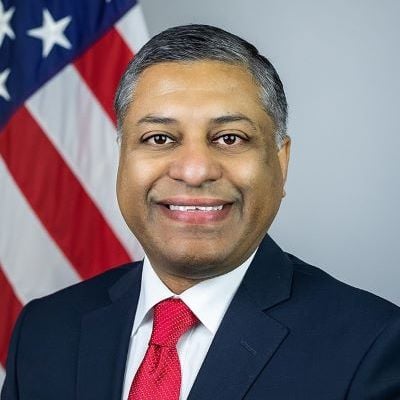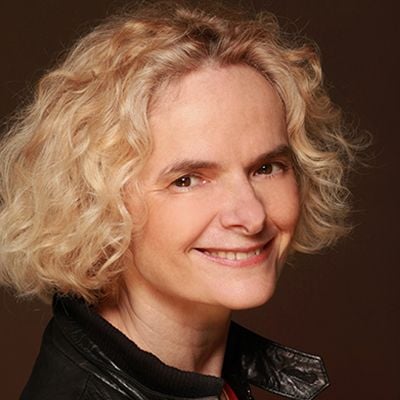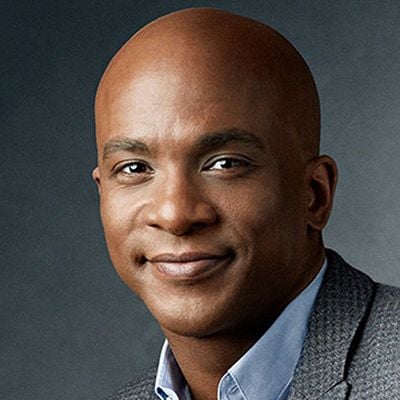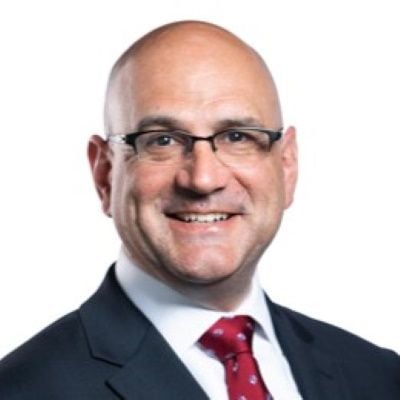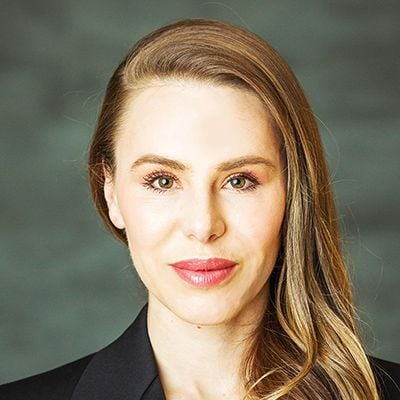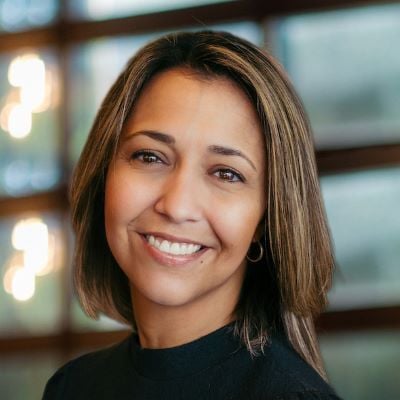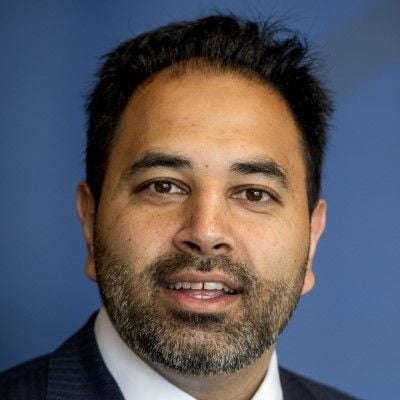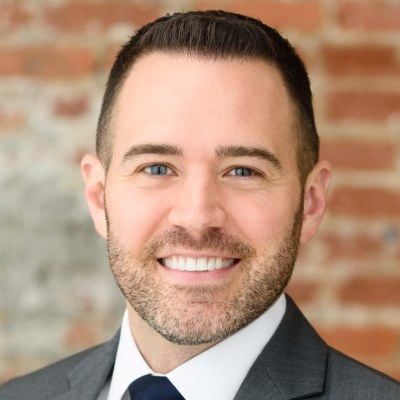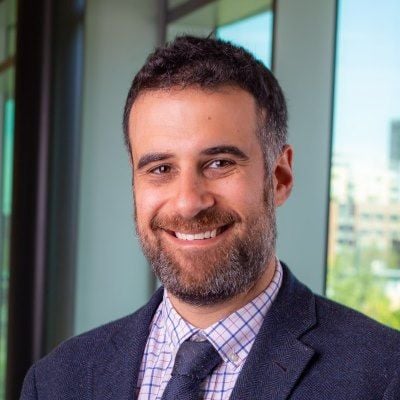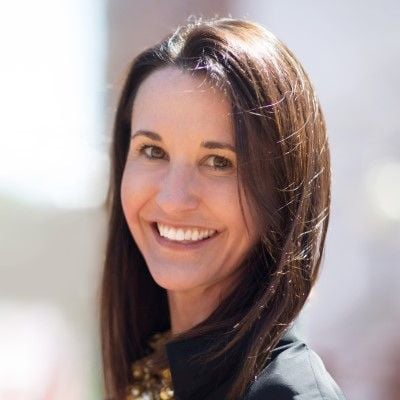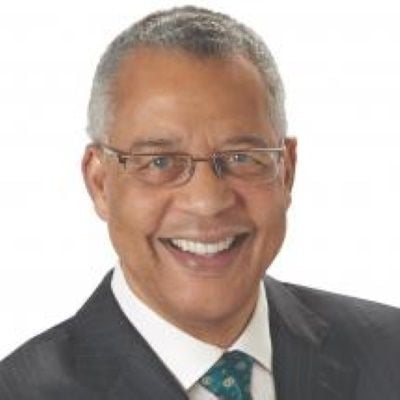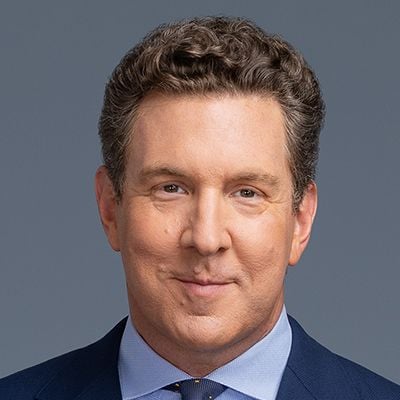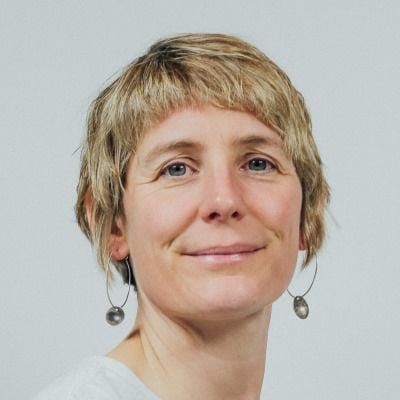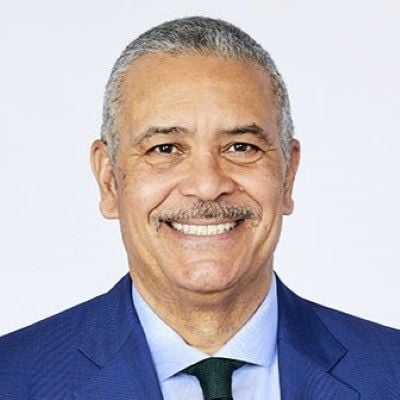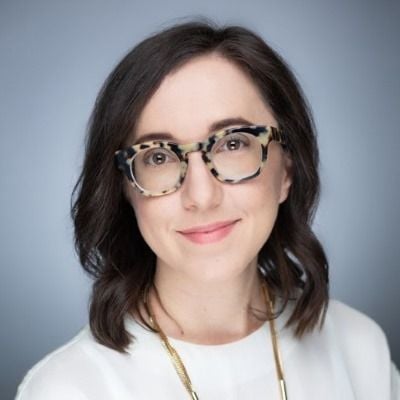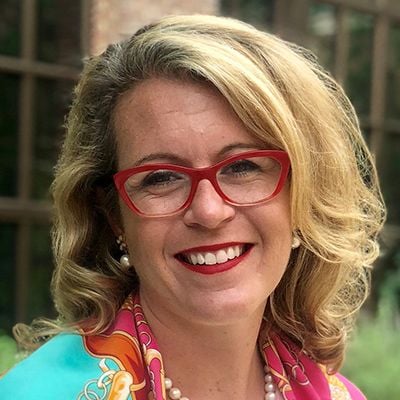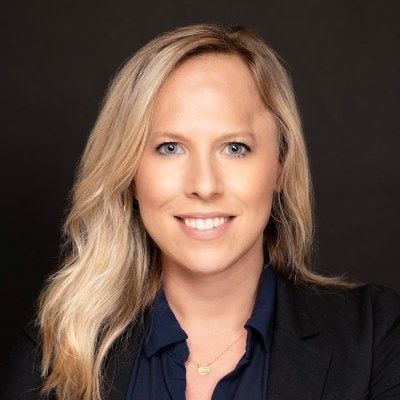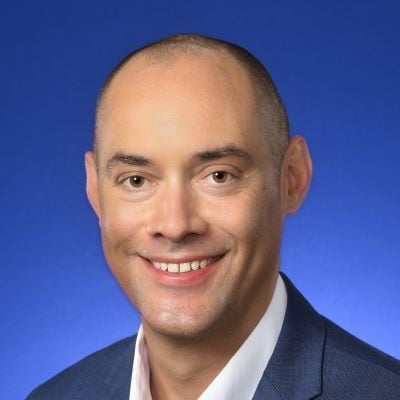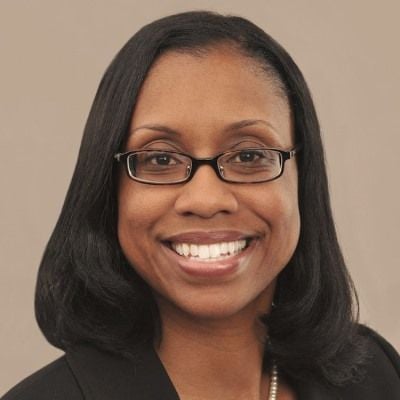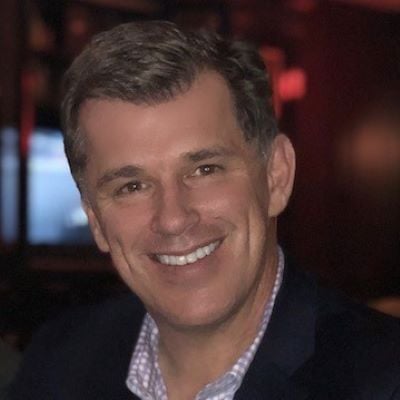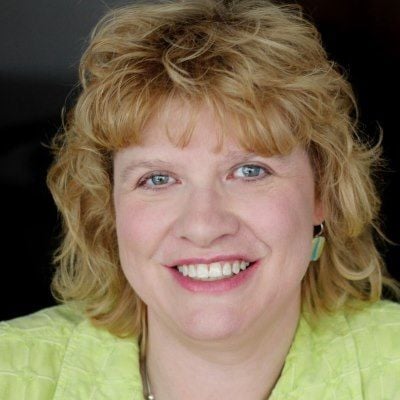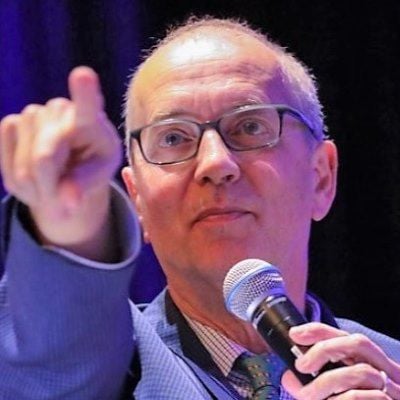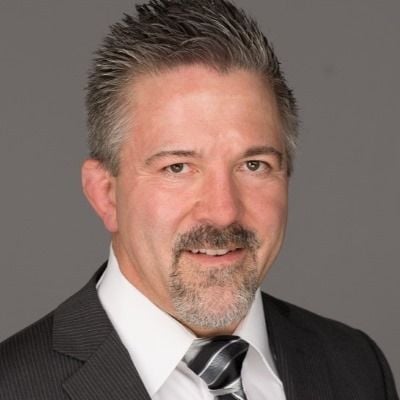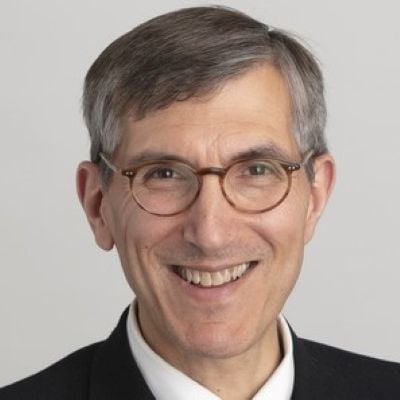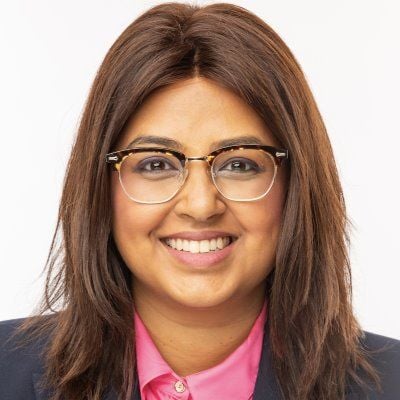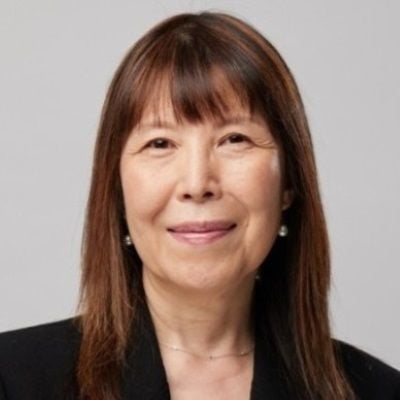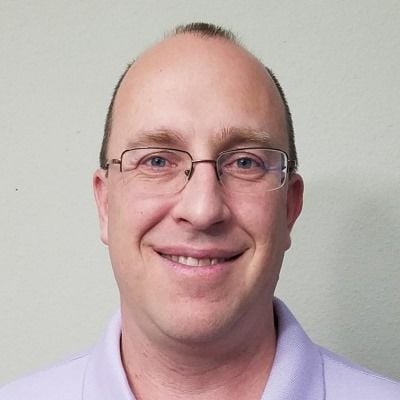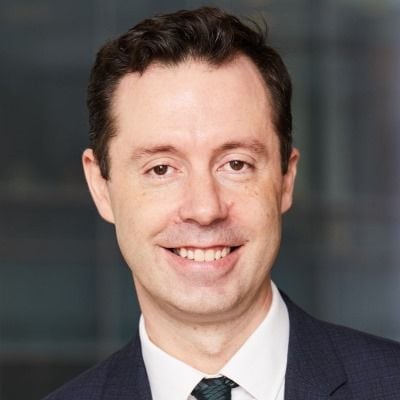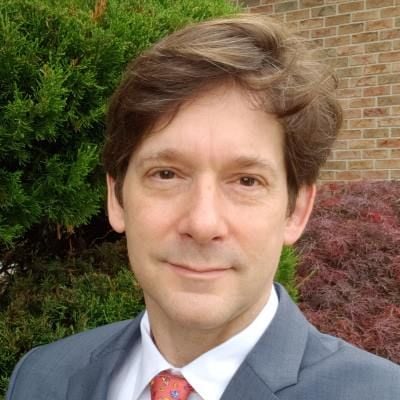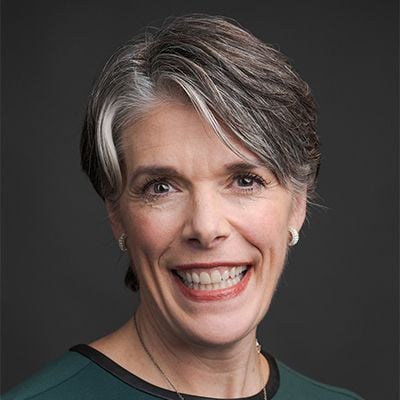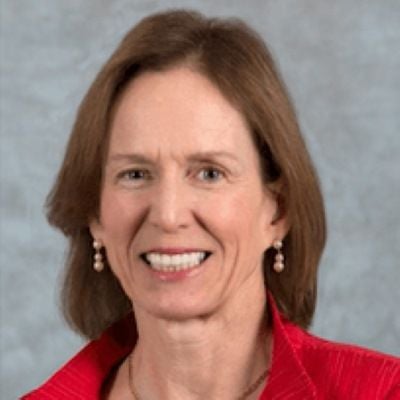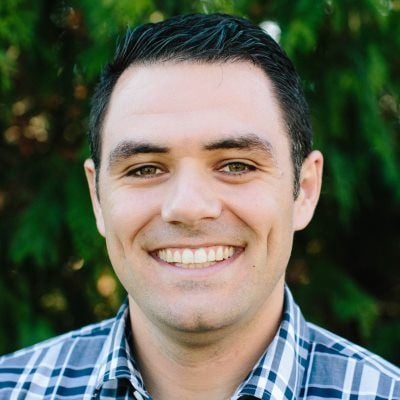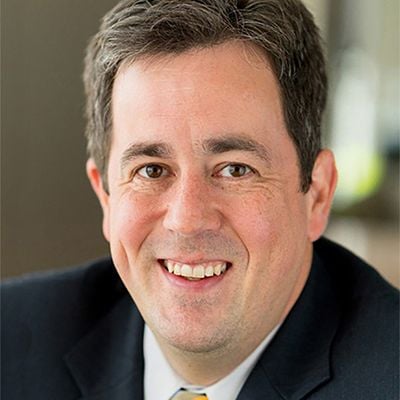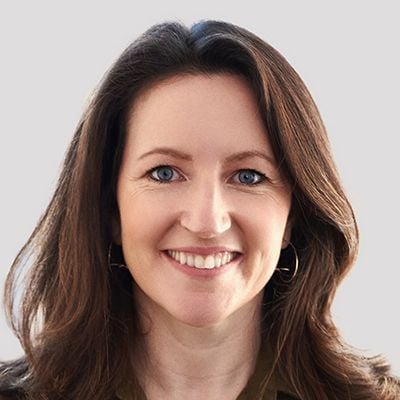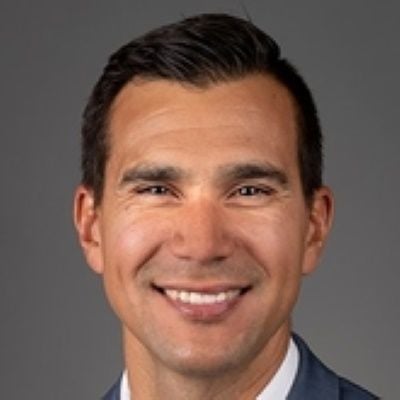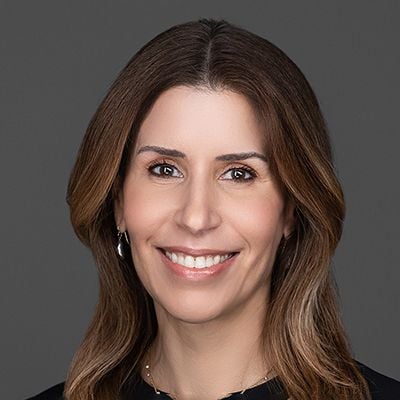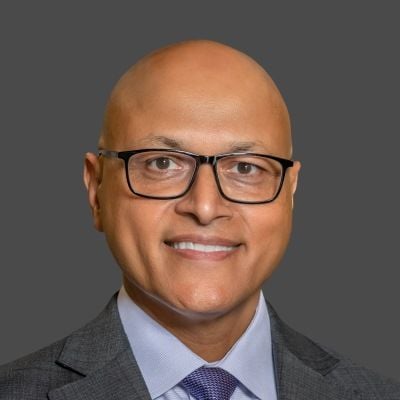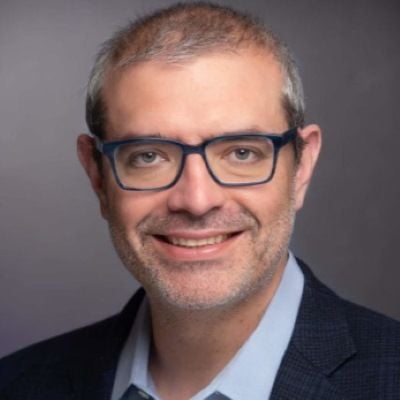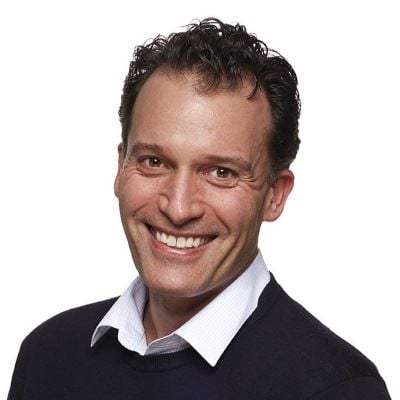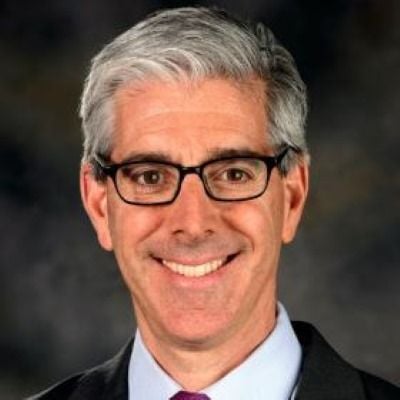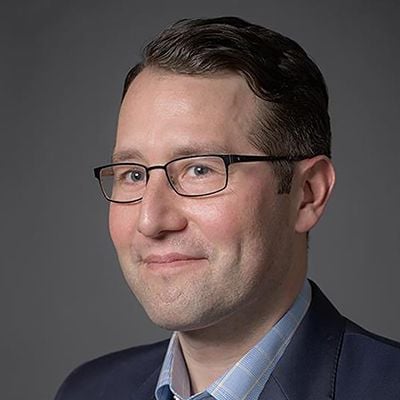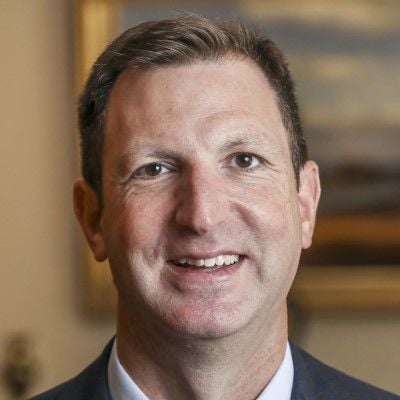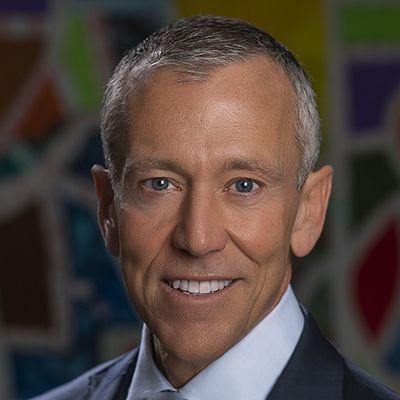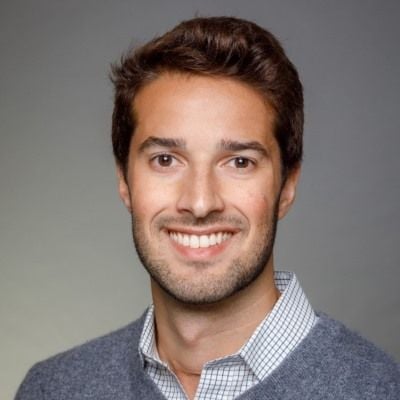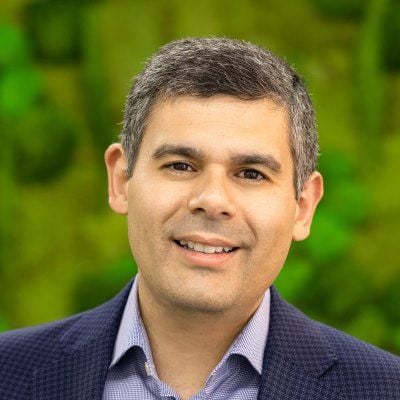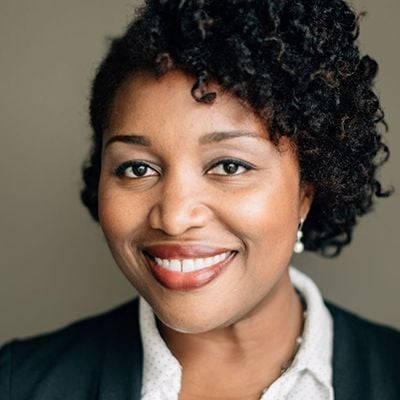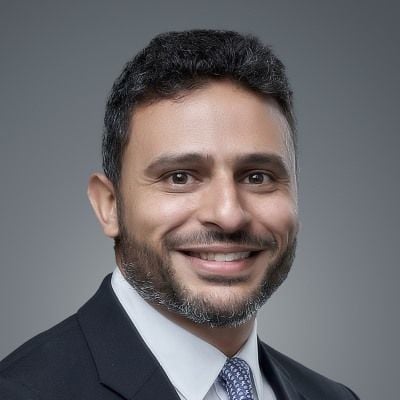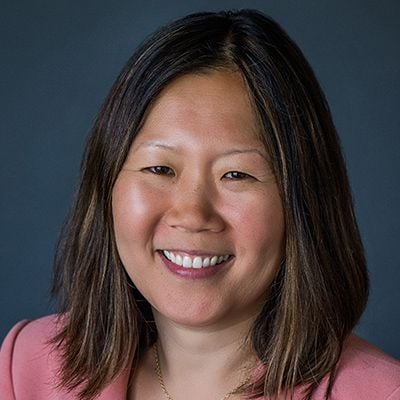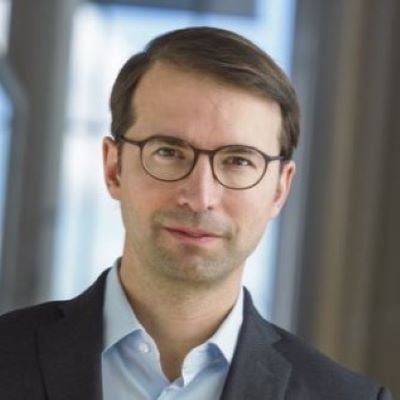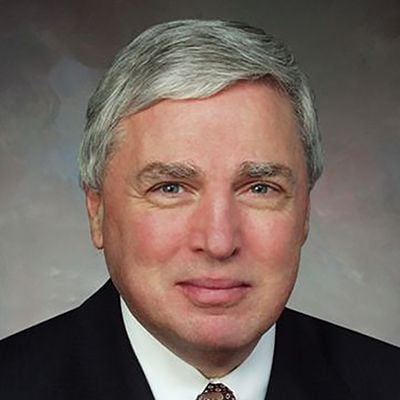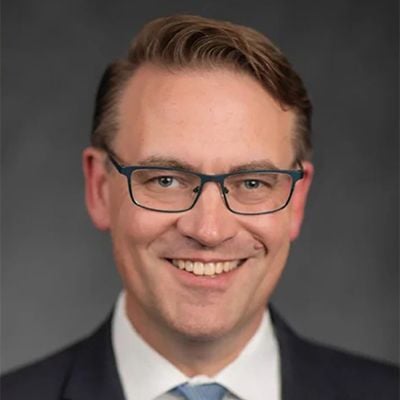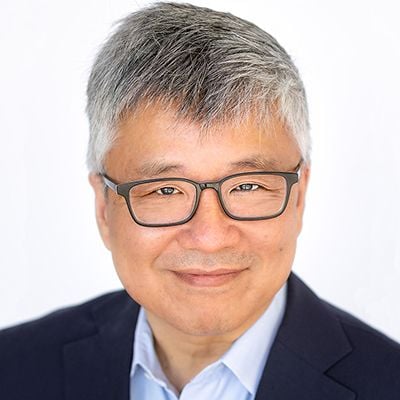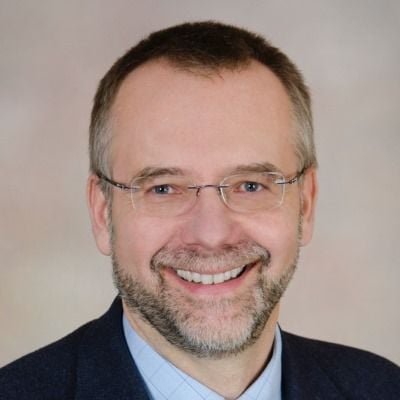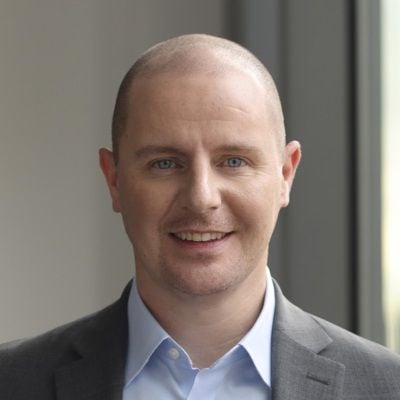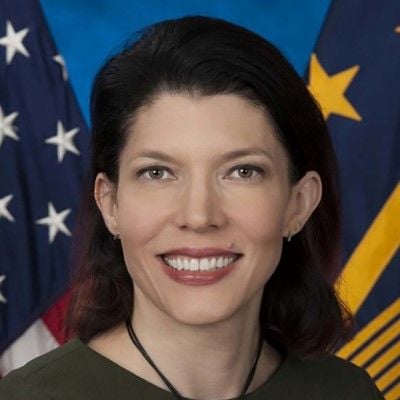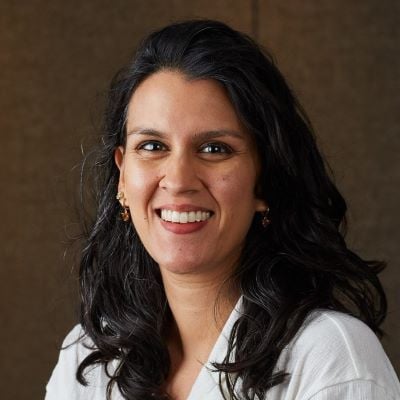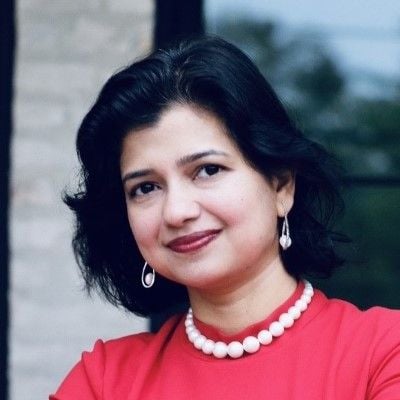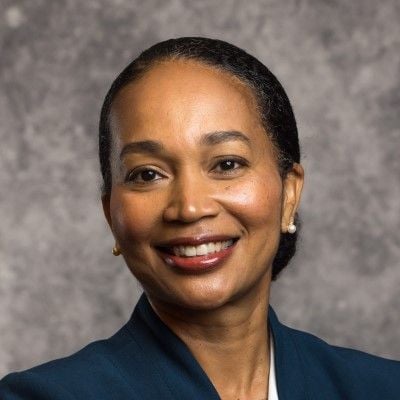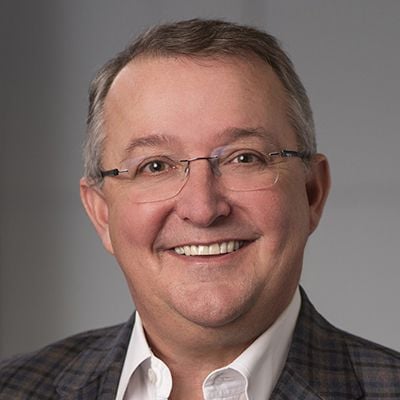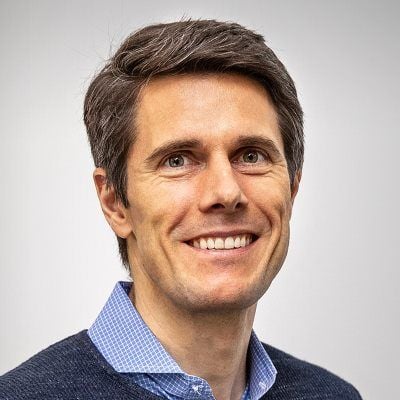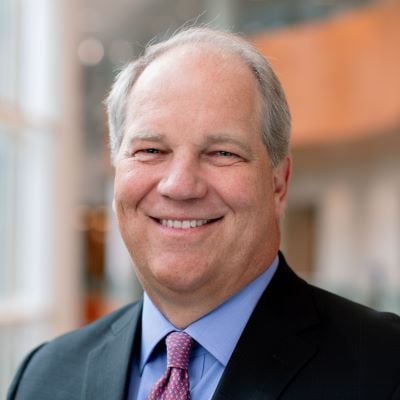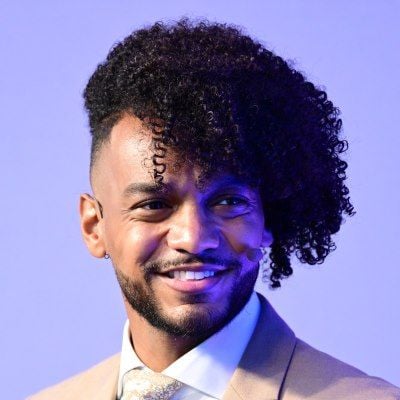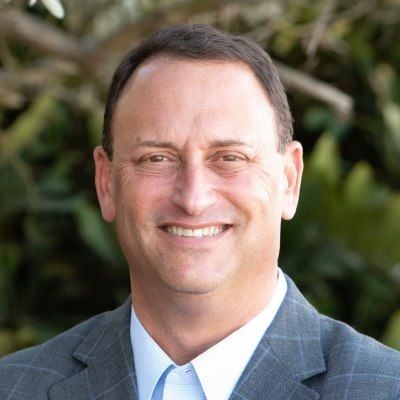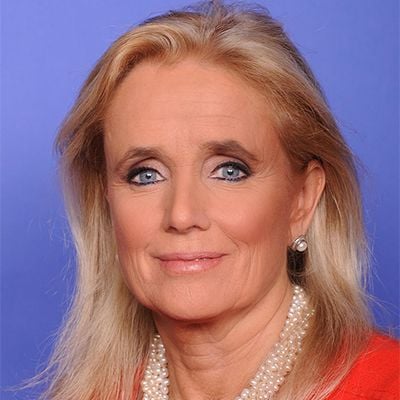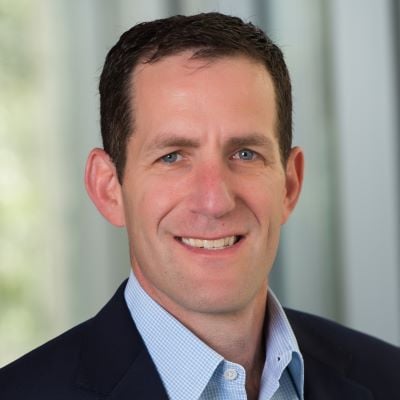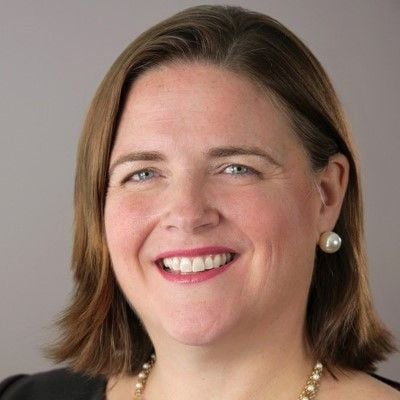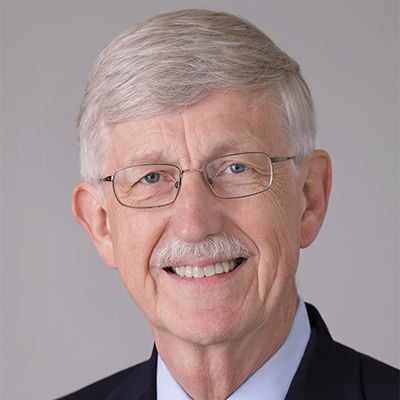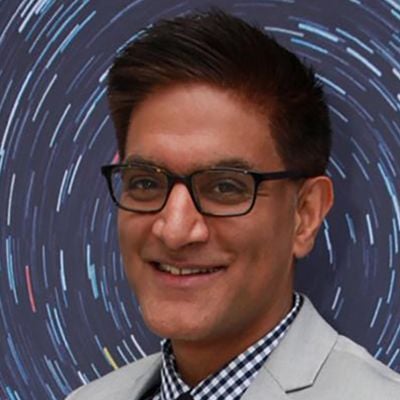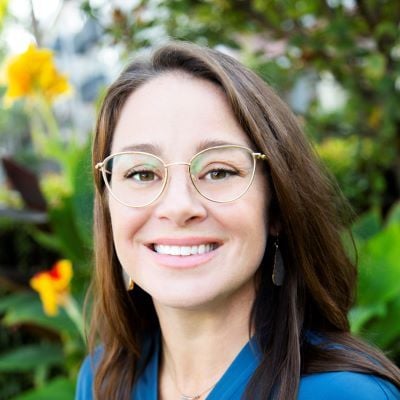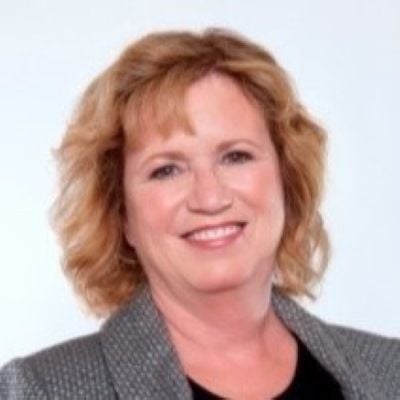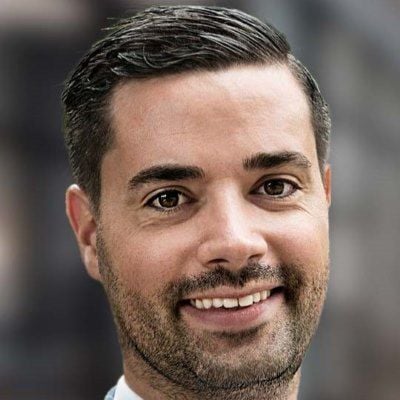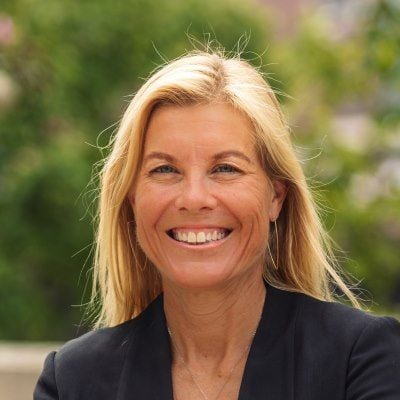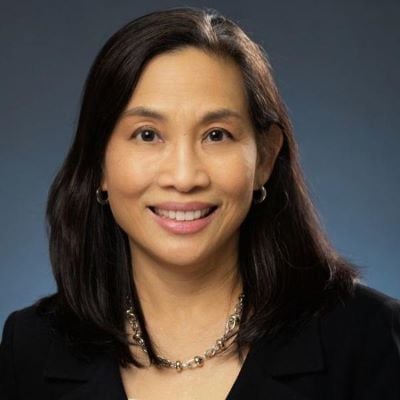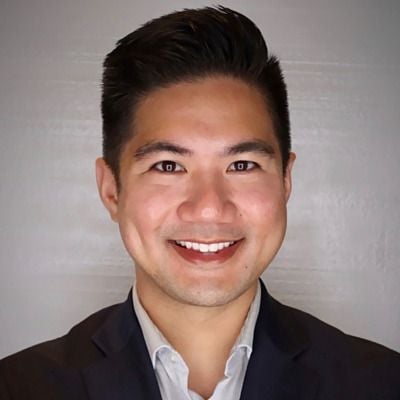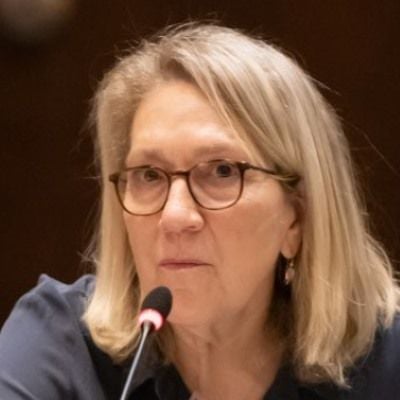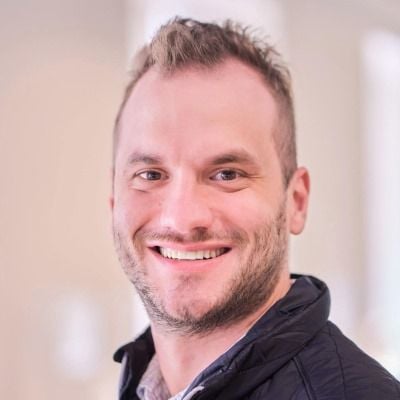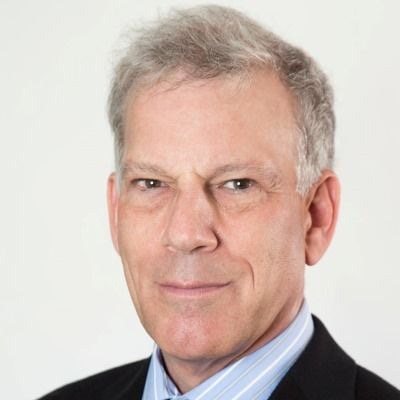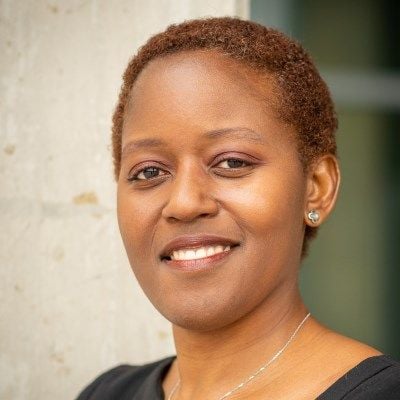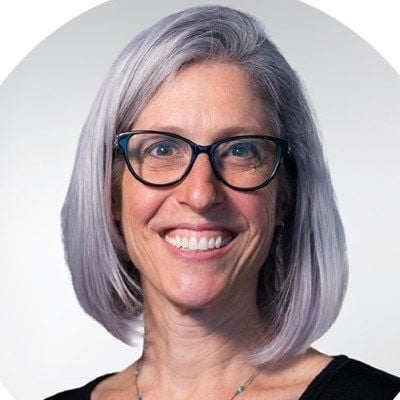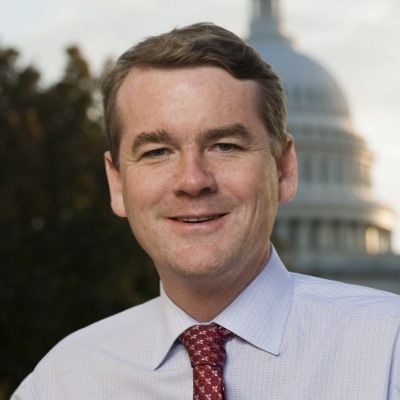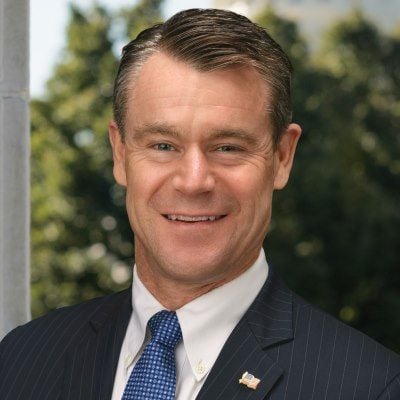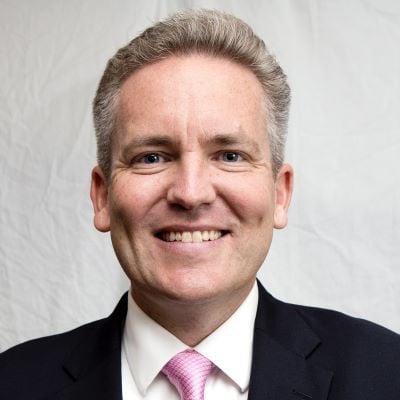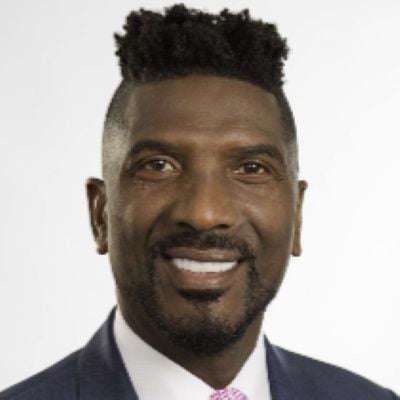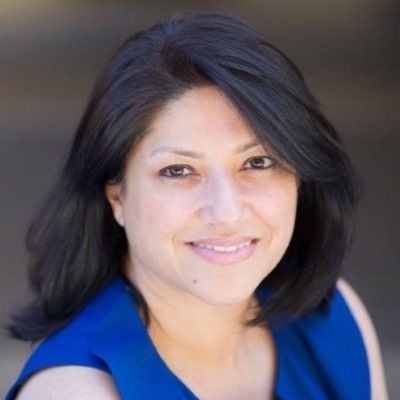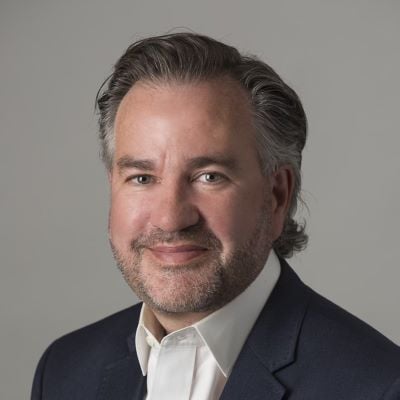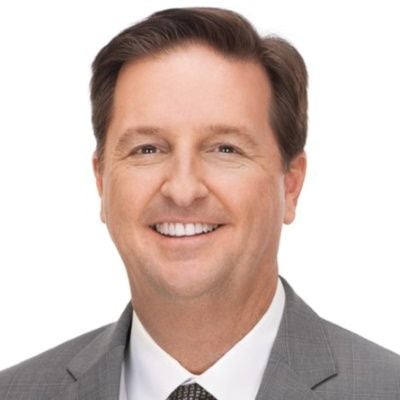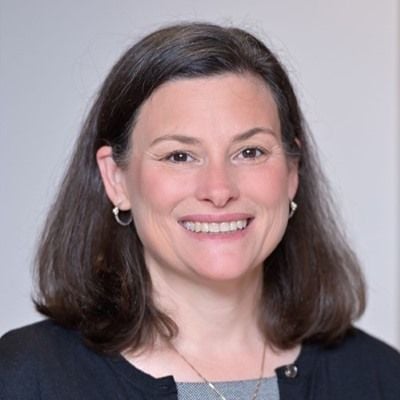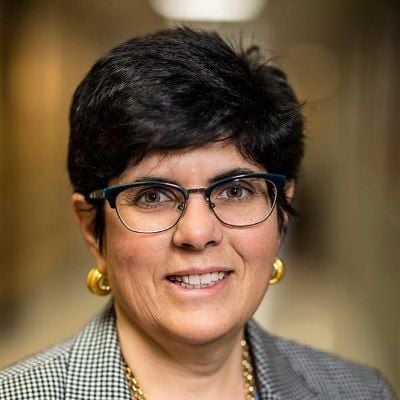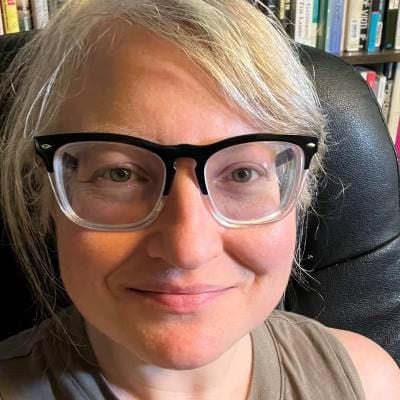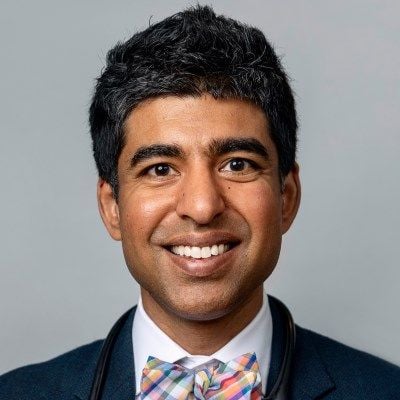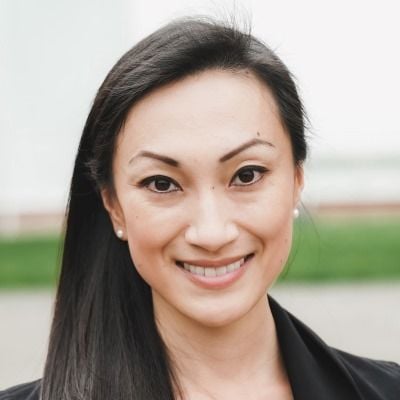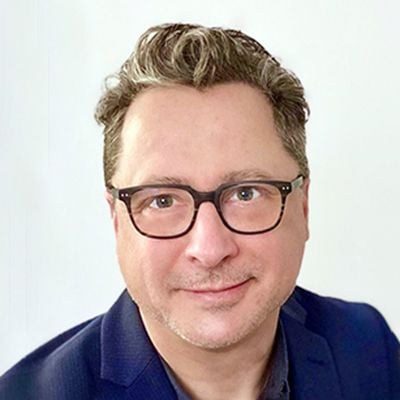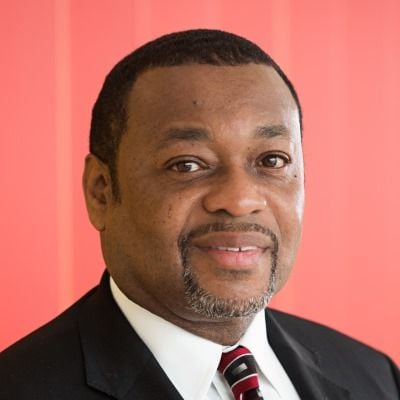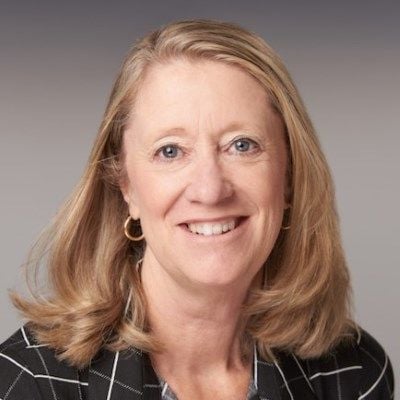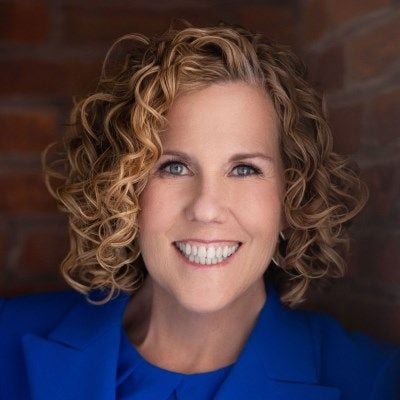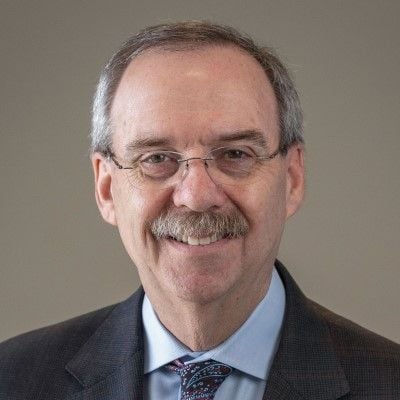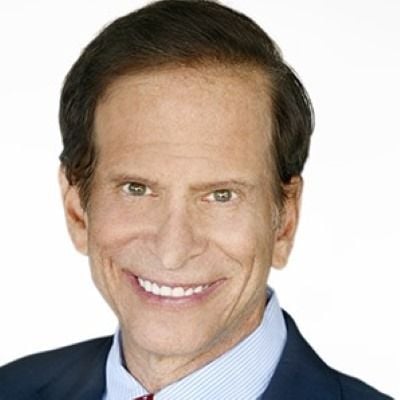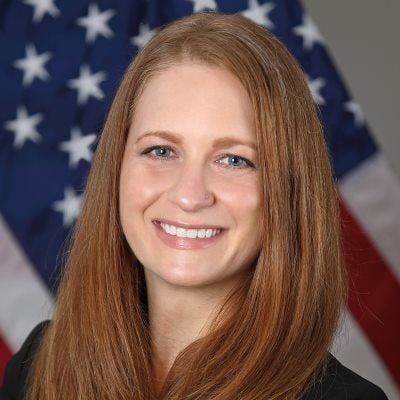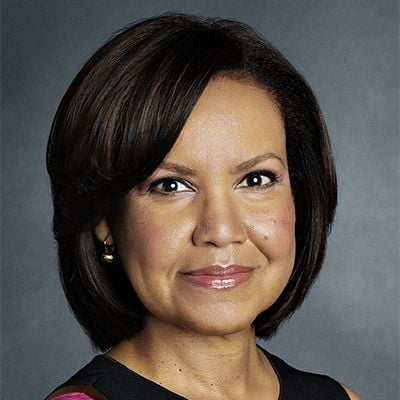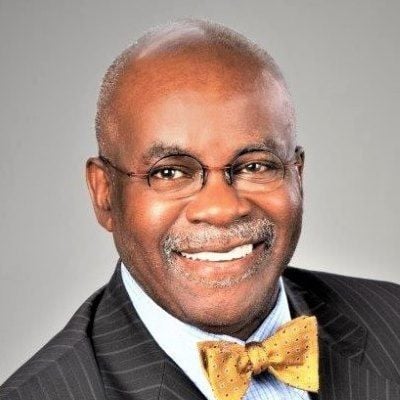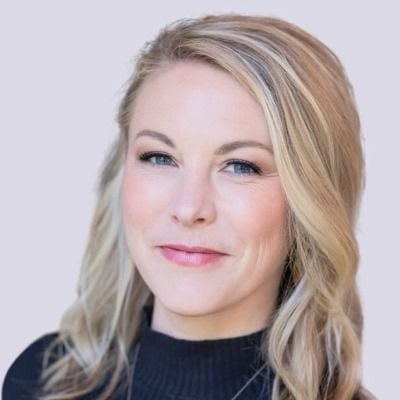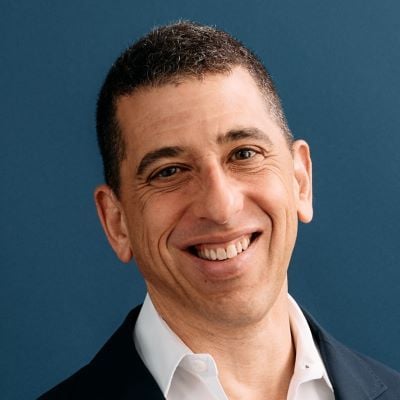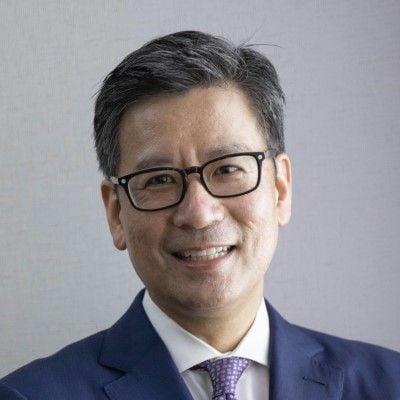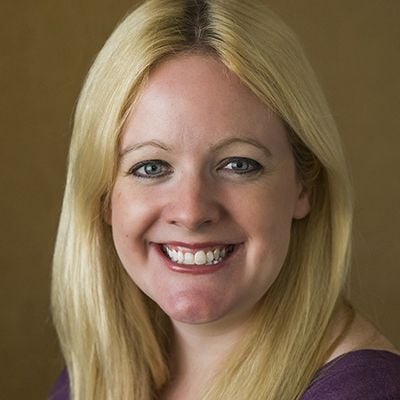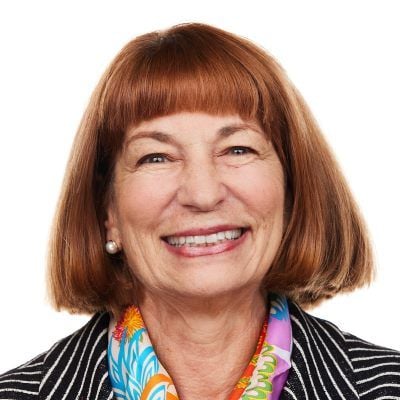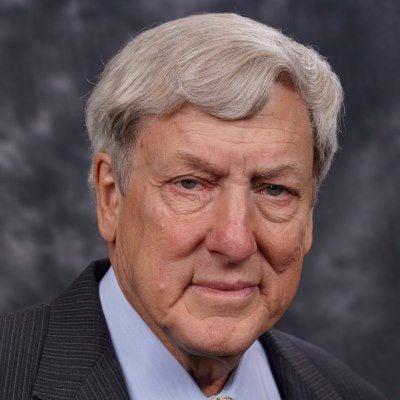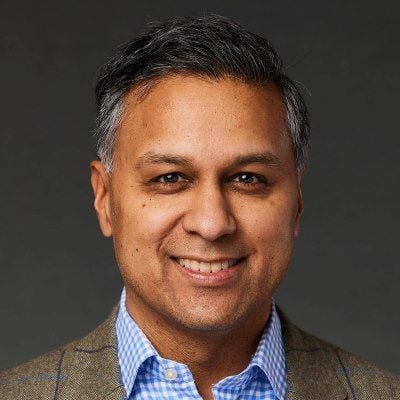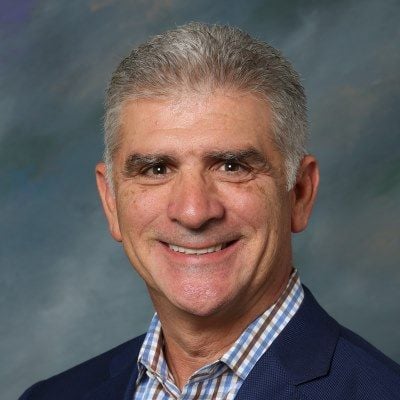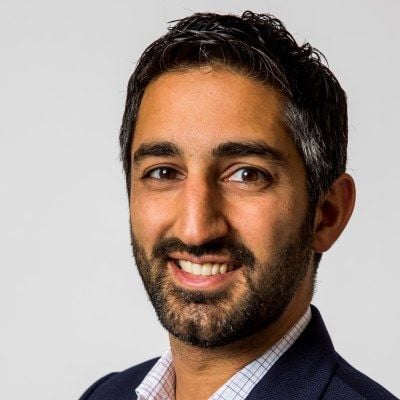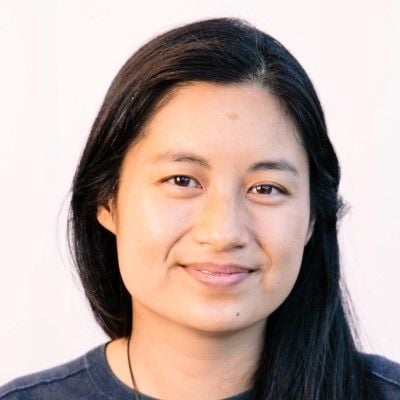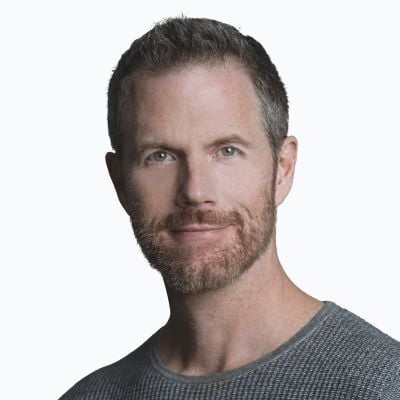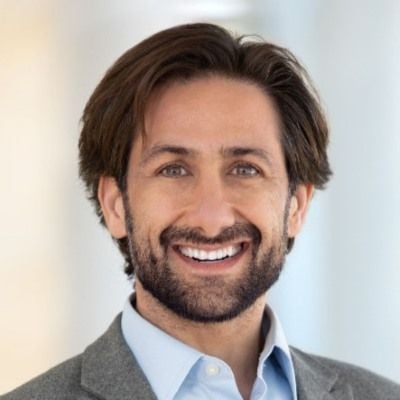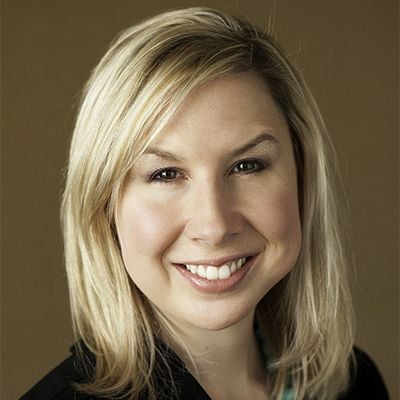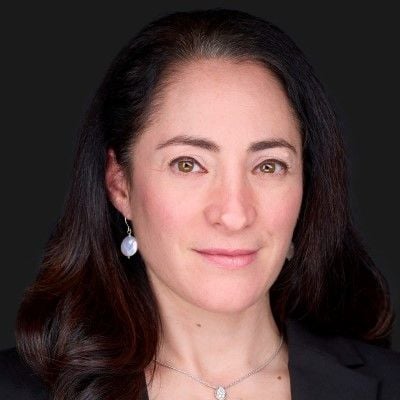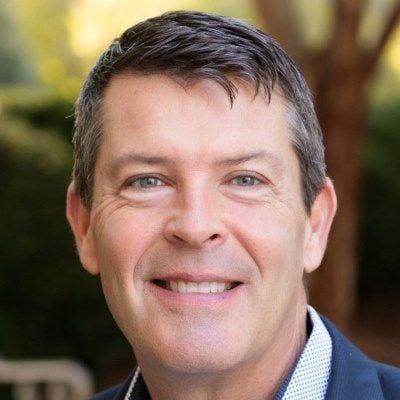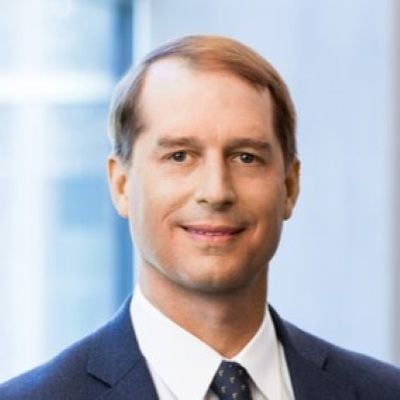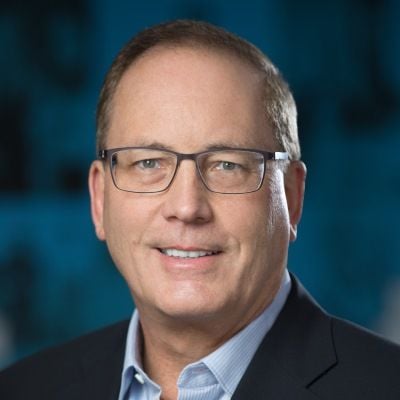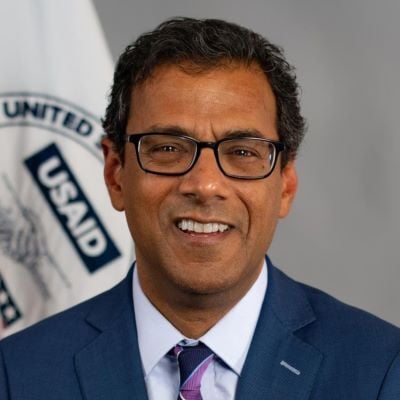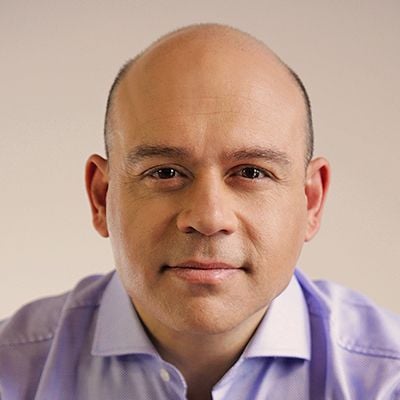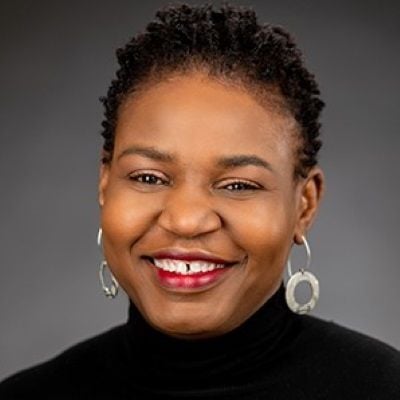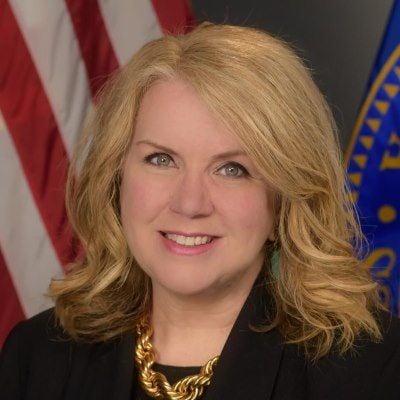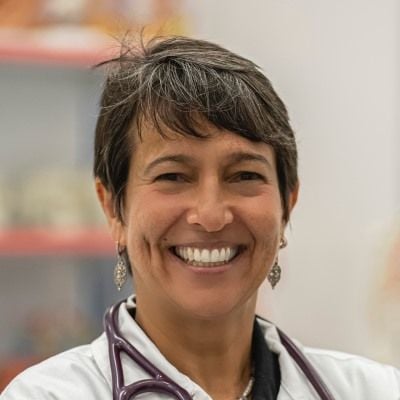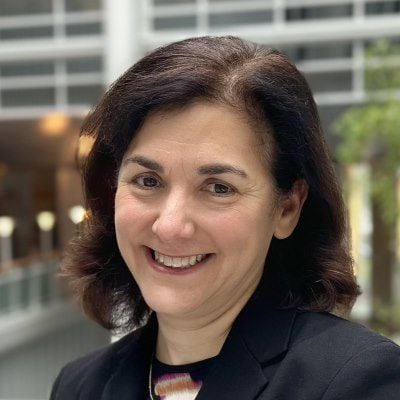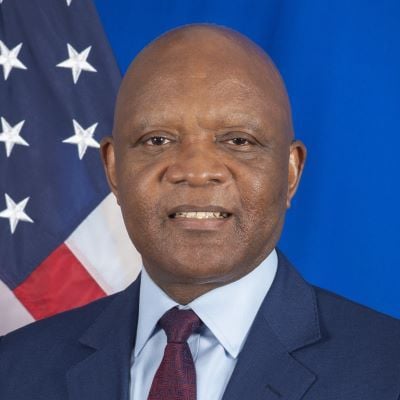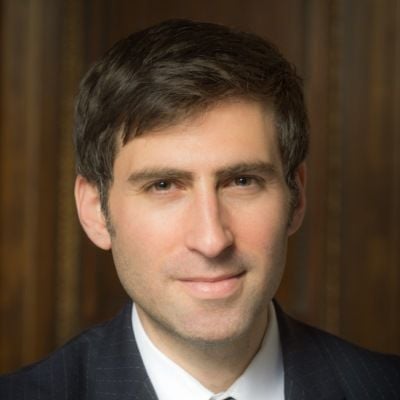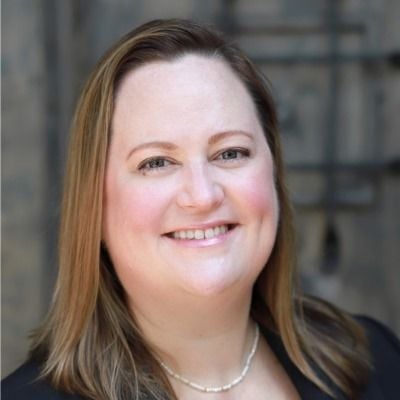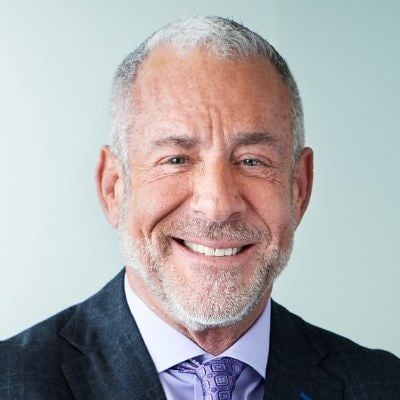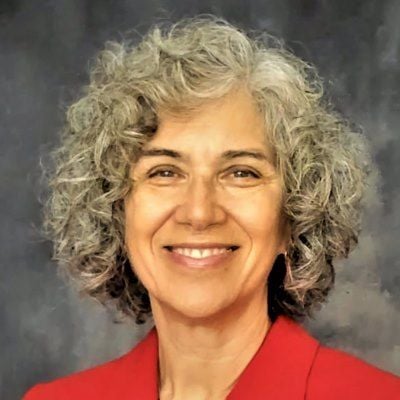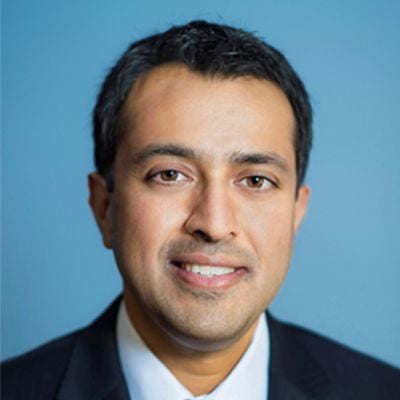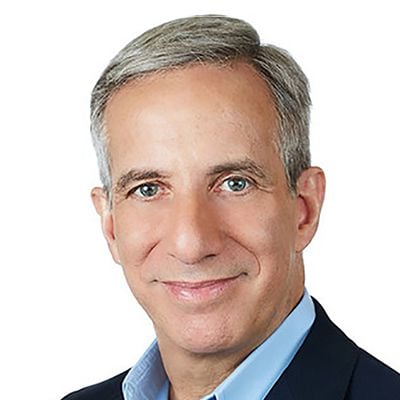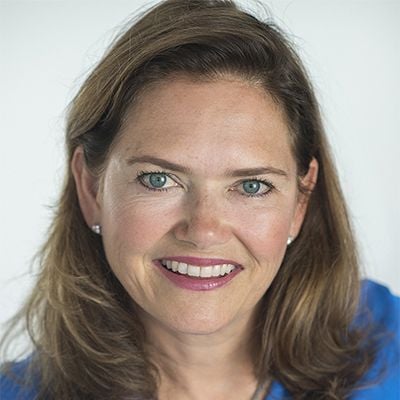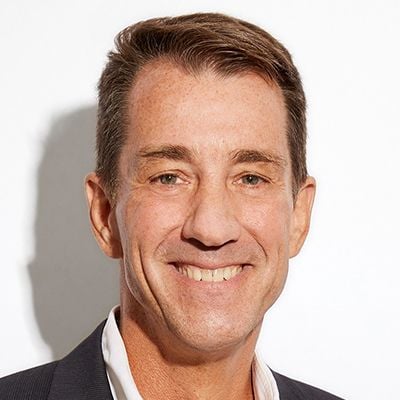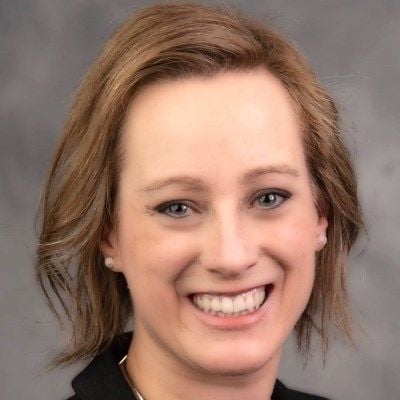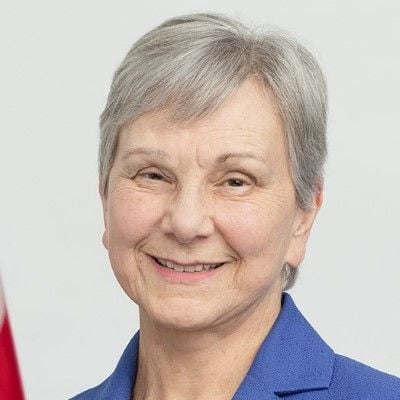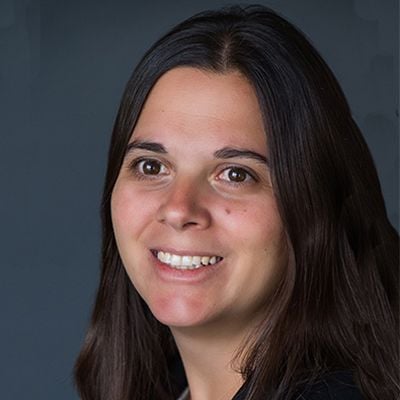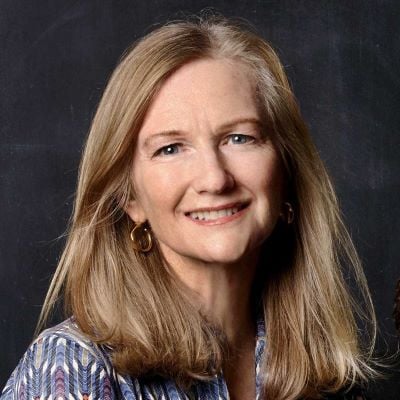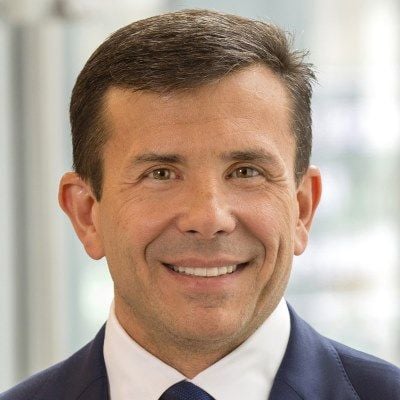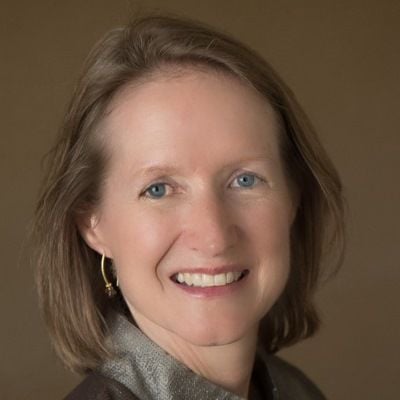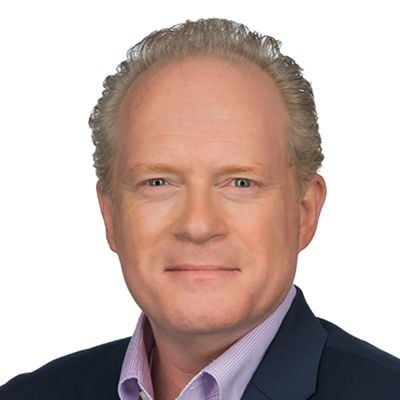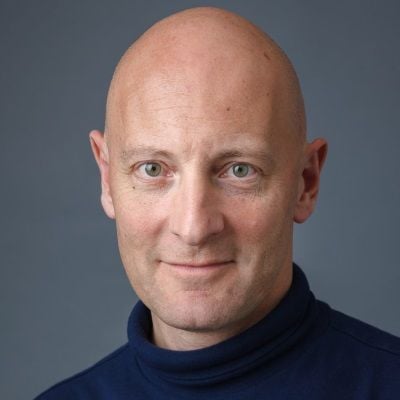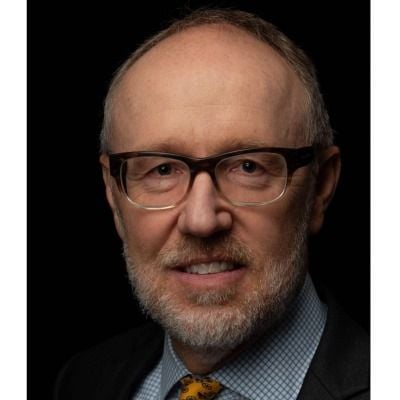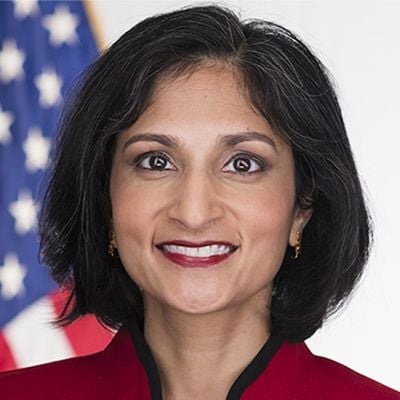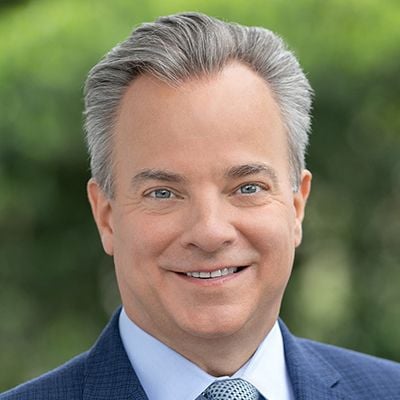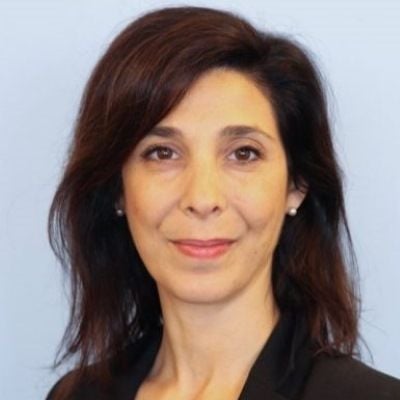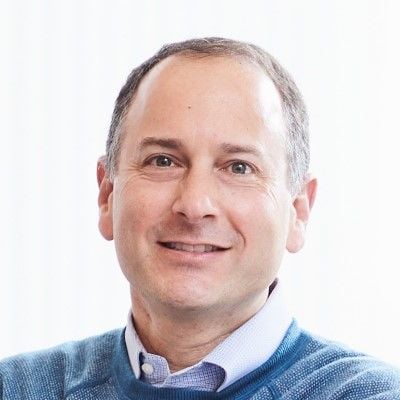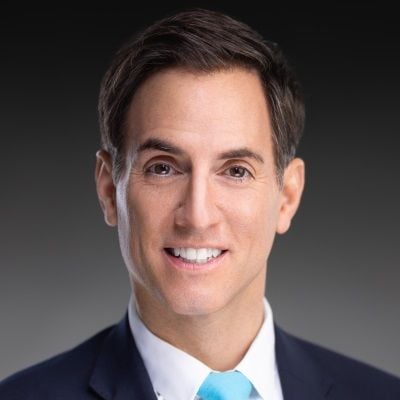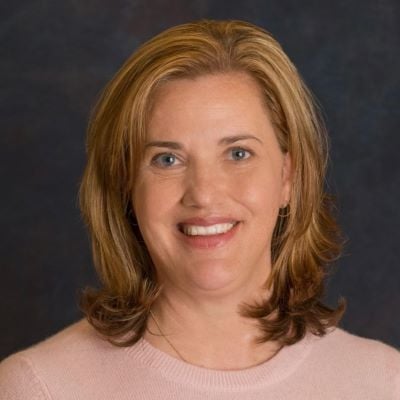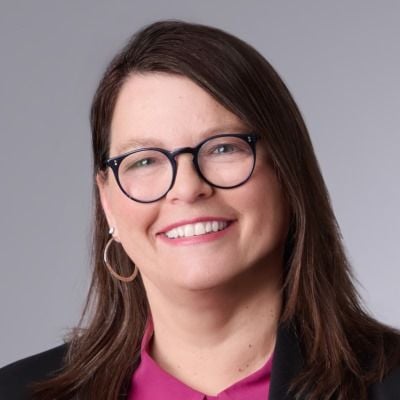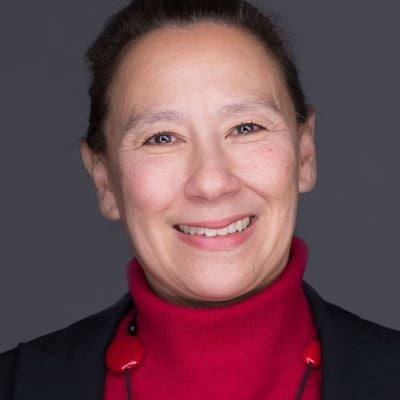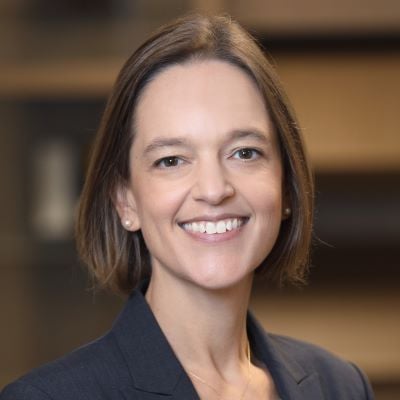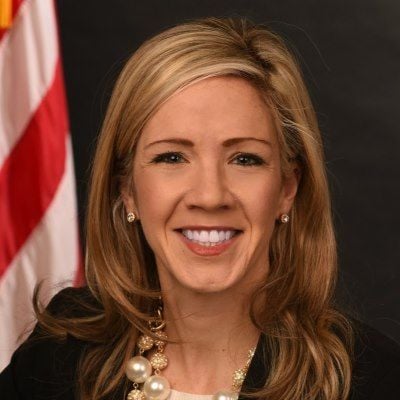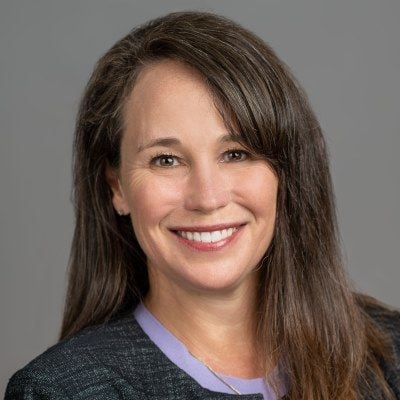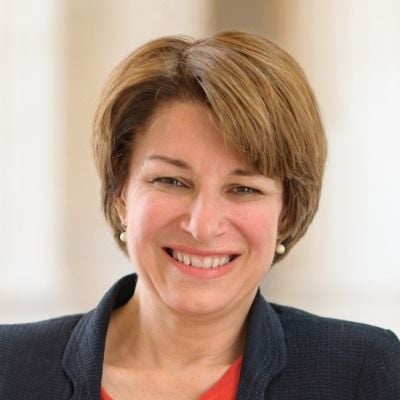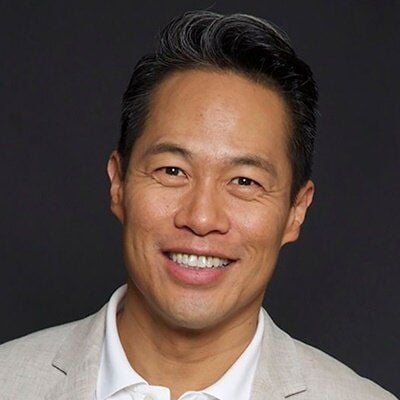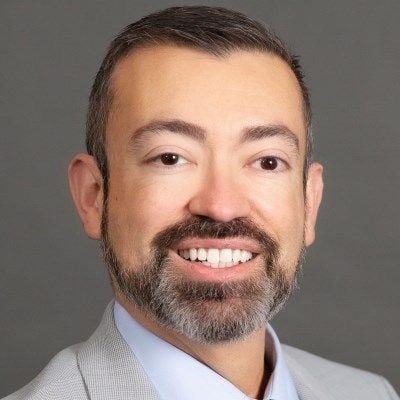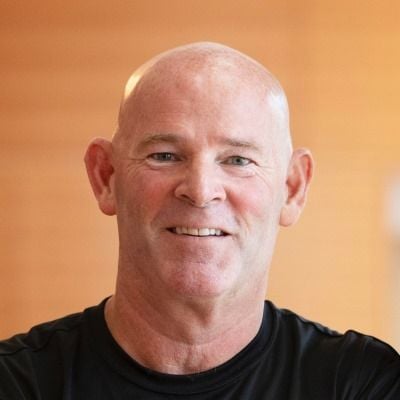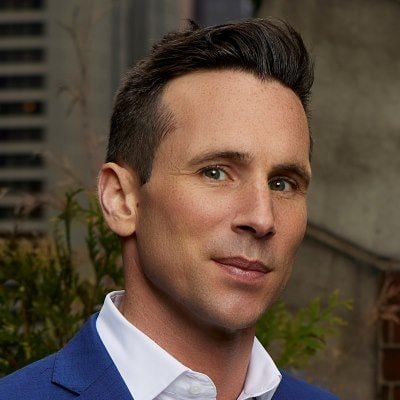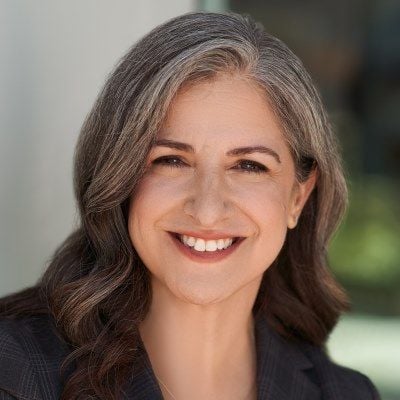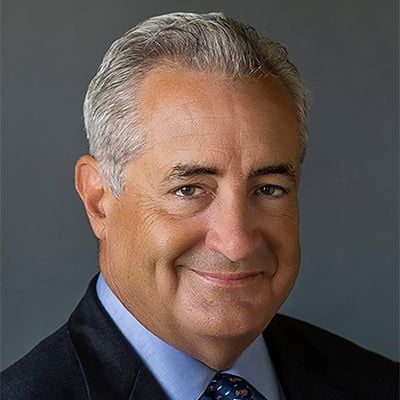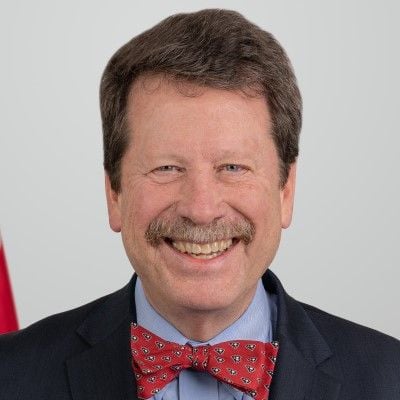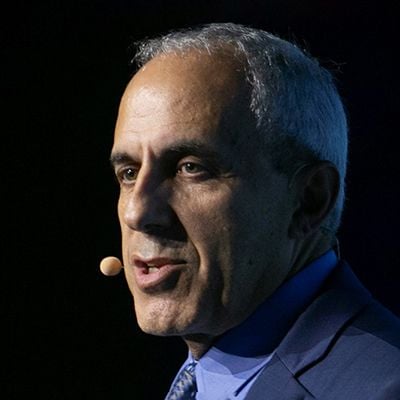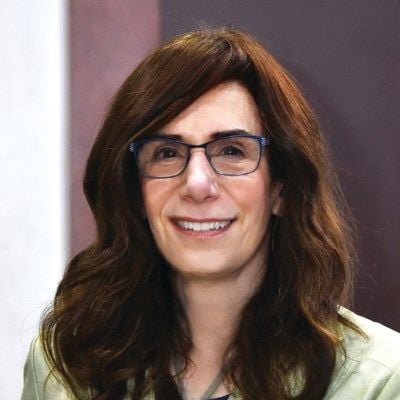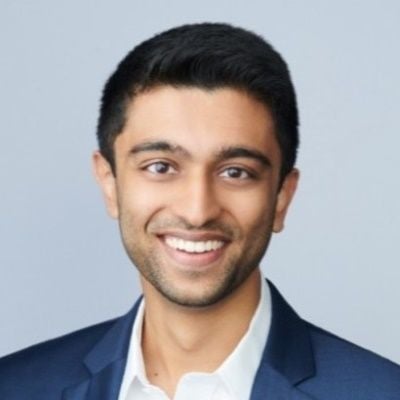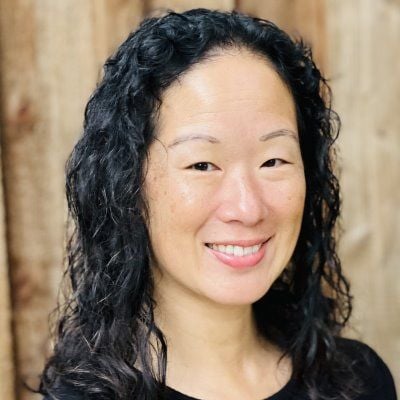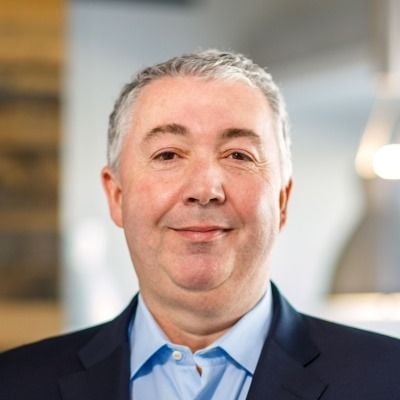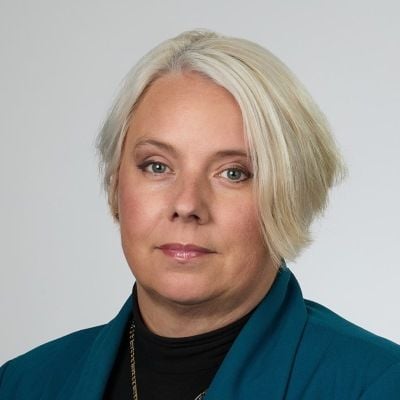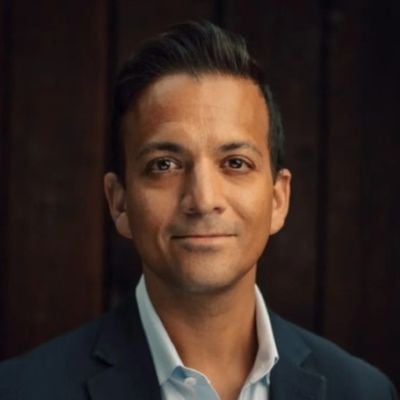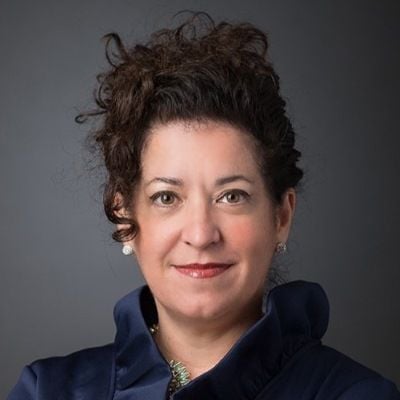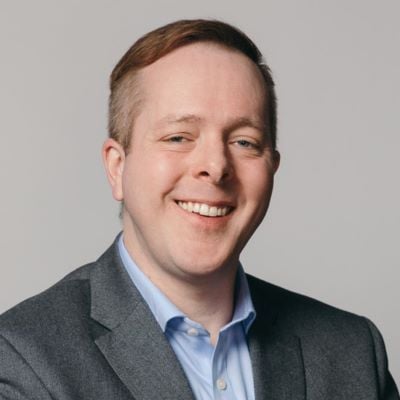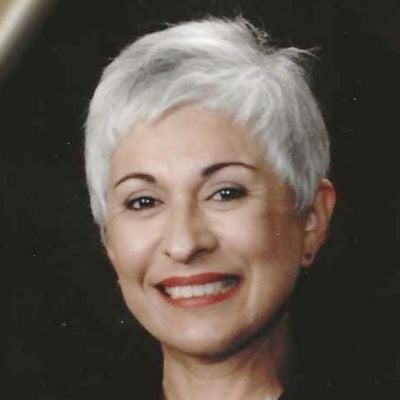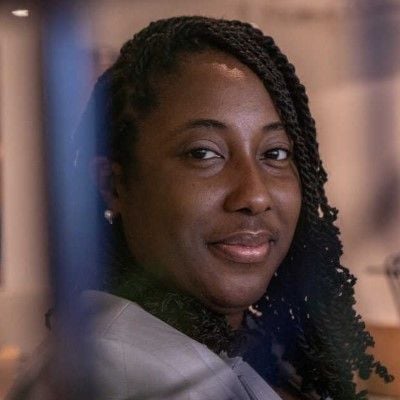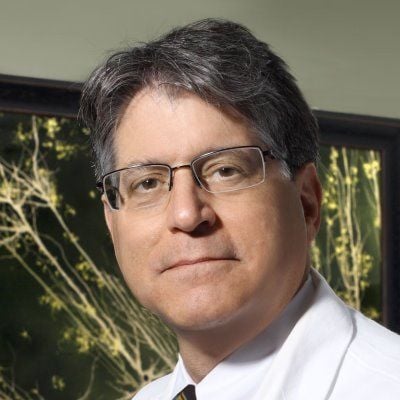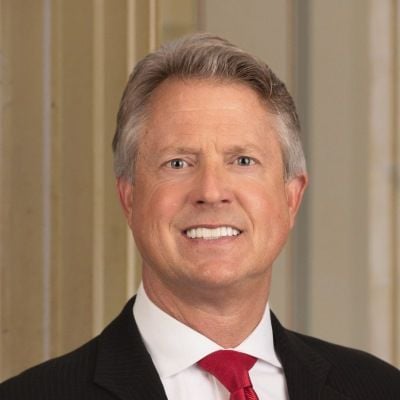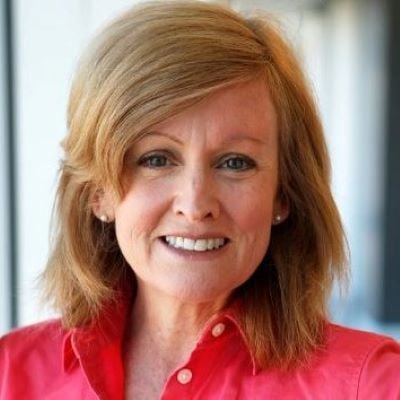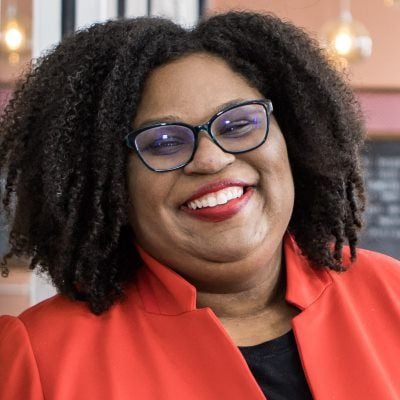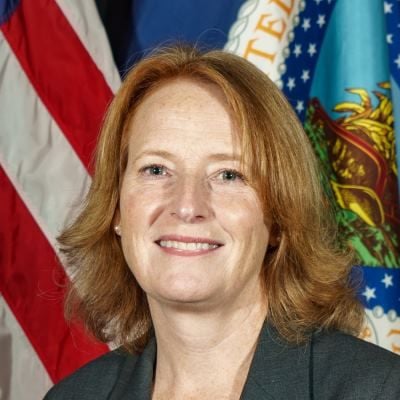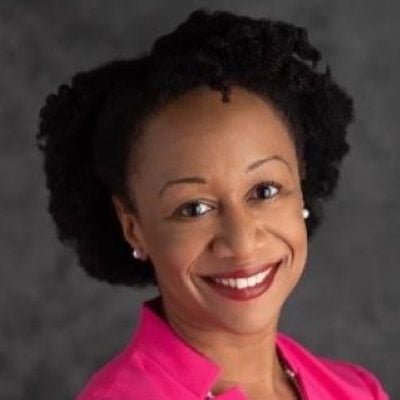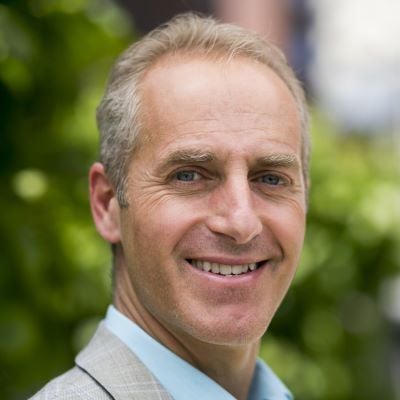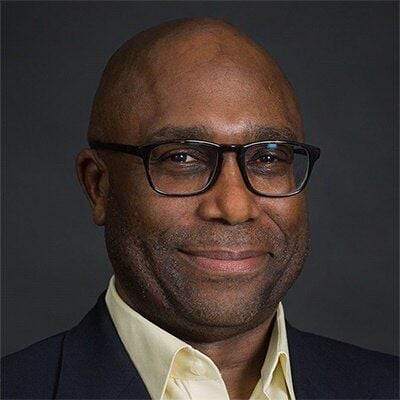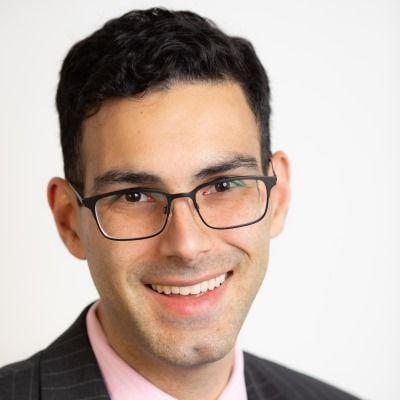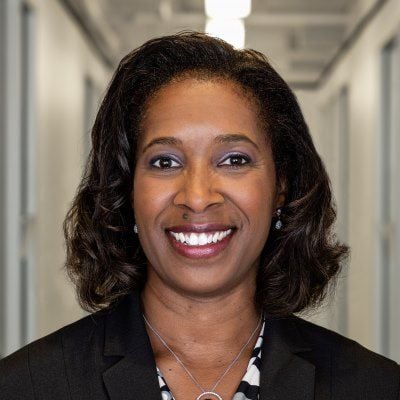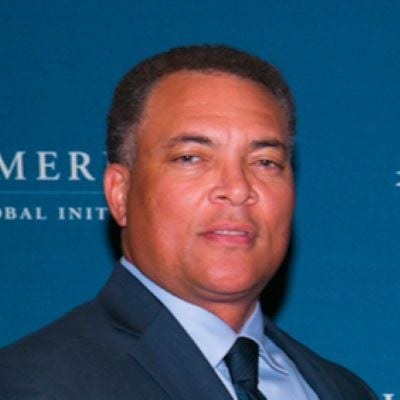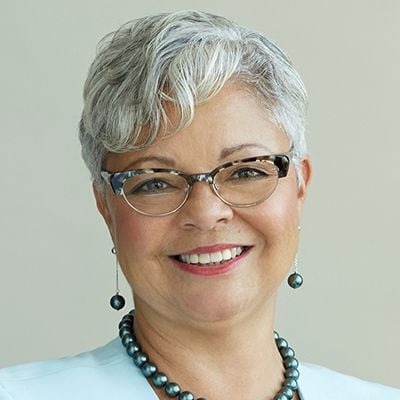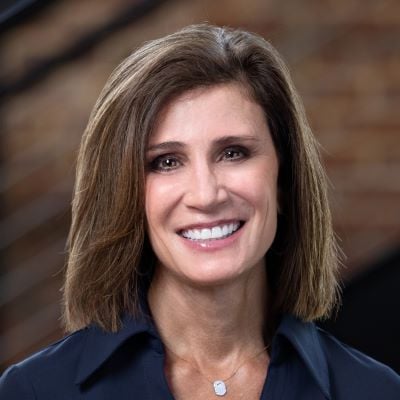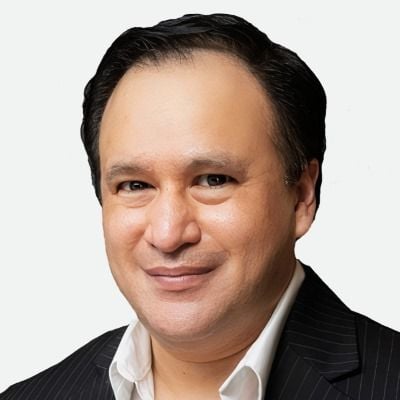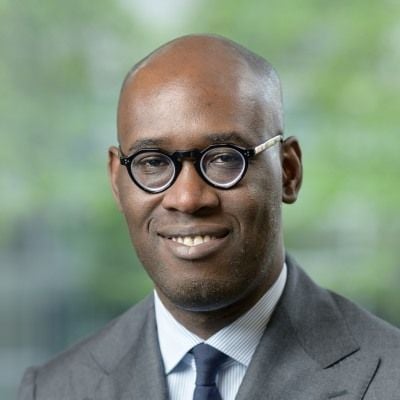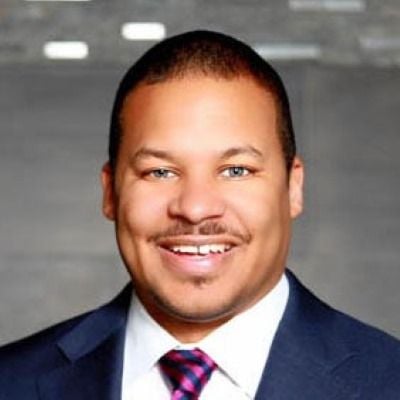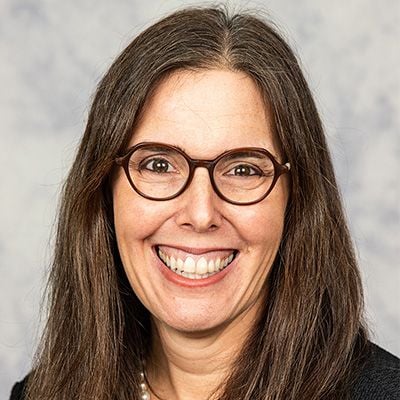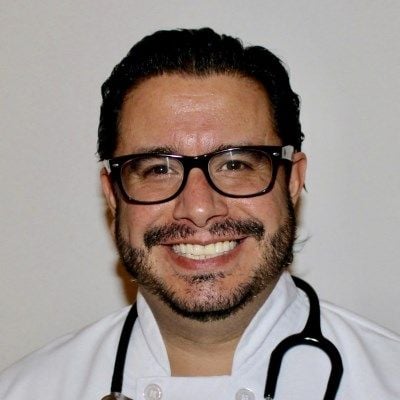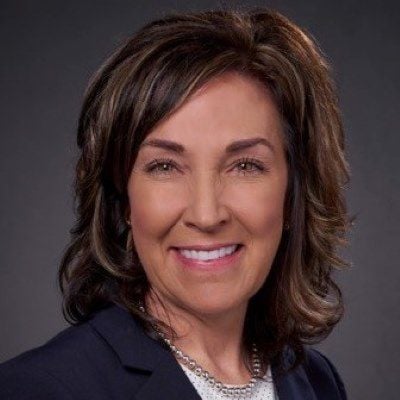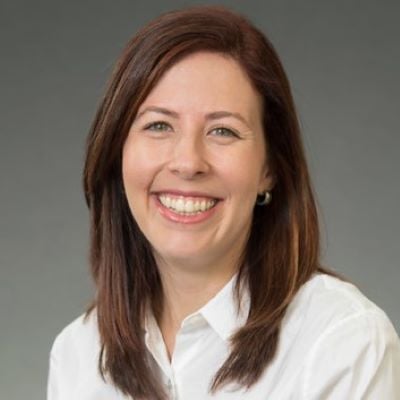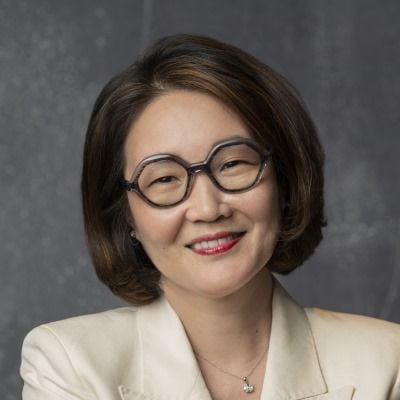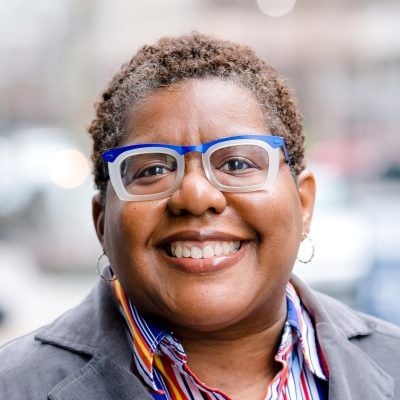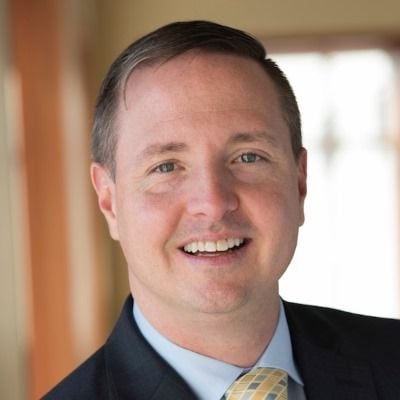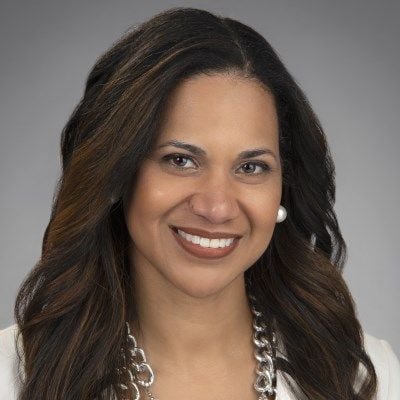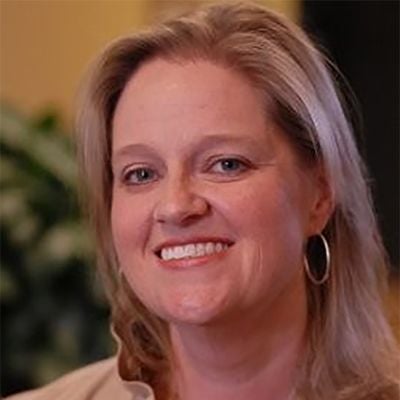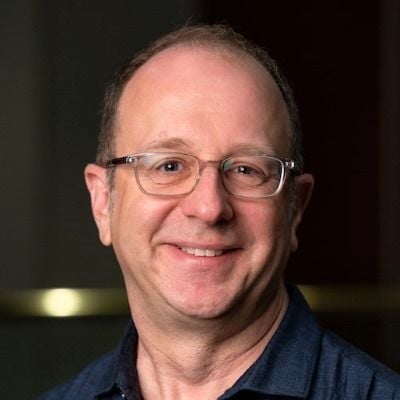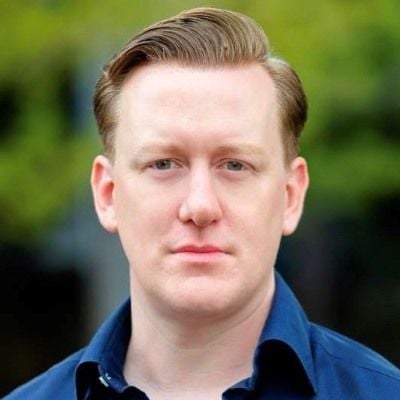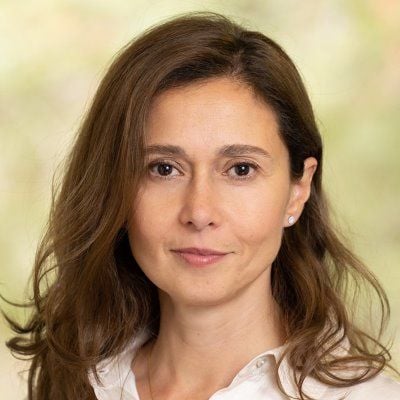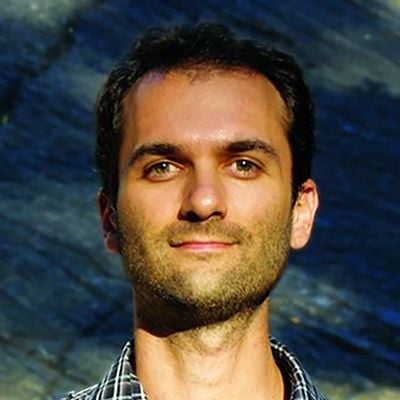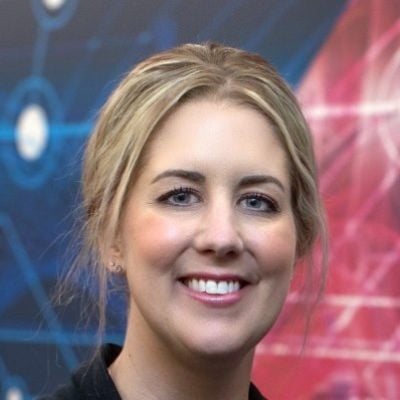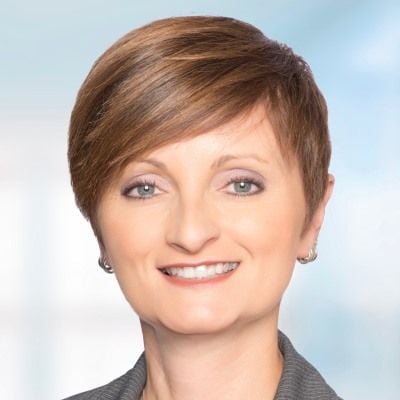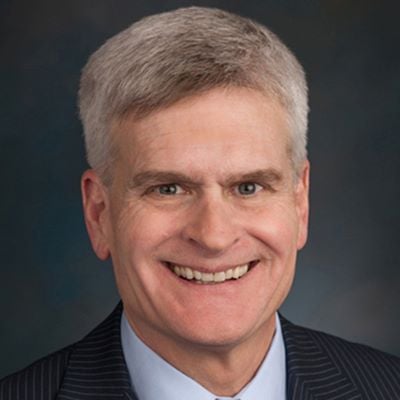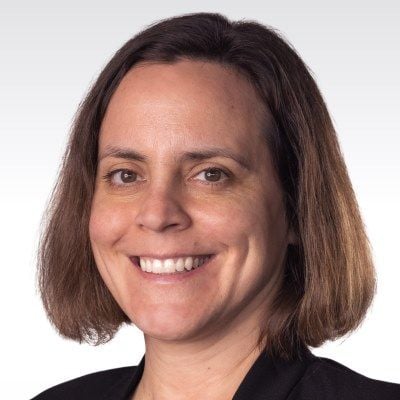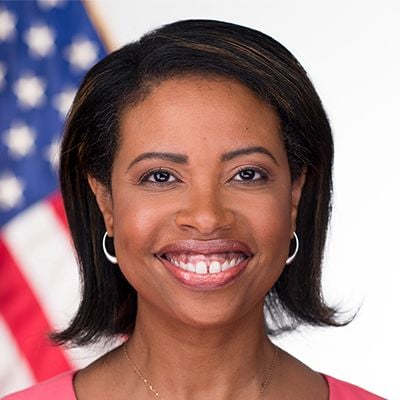Dates
Continental Breakfast
Badge Pick-up
Opening Plenary | Closing Gaps in Health and Health Care
While health-care spending has increased, gaps in health-care outcomes and access have widened. The US spends $4.3 trillion annually on health, yet we are seeing a troubling decline in life expectancy. In addition, rates of maternal mortality are increasing, rates of chronic diseases are increasing, access to innovation is uneven, and social systems are falling behind. This trend of worsening health outcomes has been noted globally as well. What steps are being taken to ensure that scientific advances and innovations are translating to improvements in health and well-being? Leaders in this session will speak about the opportunities ahead to close the gaps in health and health care and lead to better health for more people.
Opening Remarks
Esther Krofah
Executive Vice President, MI Health, Milken Institute
Guest
Susan Barlow
Co-Founder, Managing Partner, COO, Blue Moon Capital Partners
Moderator
Meg Tirrell
Medical Correspondent, CNN
Speakers
Jaewon Ryu
President and CEO, Geisinger
AmirAli Talasaz
Co-Founder and Co-CEO, Guardant Health
Ashwin Vasan
Commissioner, New York City Department of Health and Mental Hygiene
Hubertus von Baumbach
Chairman and CEO, Boehringer Ingelheim
Angela F. Williams
President and CEO, United Way Worldwide
The Road Ahead: Reflections and Insights to Improve Health for All
Rapid advances in science and technology are creating unparalleled opportunities to strengthen and improve the US health-care system. The US Department of Health and Human Services (HHS) plays a central role in protecting the health of all Americans and in providing essential health services, particularly to the most vulnerable. In this discussion, Secretary Becerra and former Secretary Azar will discuss strategies for government to address inequities in the health-care system, ensure access to affordable care, and strengthen our nation’s ability to respond to future public health crises.
Guests
Alex Azar
24th Secretary, US Department of Health and Human Services
Xavier Becerra
Secretary, US Department of Health and Human Services
Moderator
Michael Milken
Chairman, Milken Institute
Mending the Social Fabric of Our Nation: The Loneliness Epidemic among Older Adults
In an increasingly interconnected world, loneliness and social isolation have emerged as a silent epidemic, afflicting individuals of all ages and backgrounds, especially older adults. Intergenerational relationships hold the transformative power to foster a sense of belonging, purpose, and mutual understanding. Yet, our housing and built space promote age segregation. Technology, including social media, can promote social connection but also perpetuate isolation. Increasing evidence supports the efficacy of social prescribing and the benefits of intergenerational connections. What is needed for policymakers, providers, industry, and community leaders to promote social well-being on a national scale? Is the prescriptive model part of the answer? Join us for a discussion on one of the most important social issues of our time.
Moderator
Susan Pinker
Psychologist; Author, The Village Effect; Social Science Columnist, The Wall Street Journal
Speakers
Jean Accius
President and CEO, Creating Healthier Communities
Ron Goldman
Chief Strategy and Growth Officer, Wisdo
Julianne Holt-Lunstad
Professor, Psychology and Neuroscience, Brigham Young University
Jeremy Nobel
Founder and President, The Foundation for Art and Healing; Faculty, Harvard Medical School
Putting Your Money Where Your Mouth Is: ROI in Patient Engagement
Many medical manufacturers perceive the value of incorporating patients’ experiences and outcomes in R&D processes as a way to align research efforts with patients’ needs. To ensure that appropriate frameworks and metrics are available for such patient-focused R&D, manufacturers have developed internally facing and externally facing metrics to quantify the impact of patient engagement (PE) and have devised tools to calculate appropriate renumeration for patients’ R&D participation. Among pharma researchers, collaborative industries, and investors, interest is emerging as to how manufacturers’ ESG goals can align with PE, and how ESG metrics could be used to quantify the impact of investment dollars and PE-related metrics. This discussion will explore the perspectives of biotech and pharma researchers, their research collaborators, and investors on the perceived value of PE efforts, approaches to quantify the value of such efforts, and the utility of emerging R&D frameworks.
Moderator
Cyndi Grossman
Head of Realworld Research Networks, Biogen
Speakers
Nicholas Brooke
Executive Director, Patient Focused Medicines Development, The Synergist
Patricia Furlong
President and CEO, Parent Project Muscular Dystrophy
Joep Muijrers
General Partner, Public Investments, Venture and Growth, Gilde Healthcare
Neena Patil
Executive Vice President and Chief Legal Officer, Jazz Pharmaceuticals
Eric Racine
Vice President and US Country Head, Public Affairs and Patient Advocacy, Sanofi
Health Equity Convergence across the Biomedical Research Ecosystem (Invite only)
This roundtable discussion with high-level leaders in health care, research, policy, digital health technologies, and financial investments, to reach a consensus and convergence across heads of organizations and understanding for developing national action steps for the accountability for health equity across the clinical trials enterprise and biomedical research ecosystem.
Moderators
Esther Krofah
Executive Vice President, MI Health, Milken Institute
Yasmeen Long
Director, FasterCures, Milken Institute
Speakers
Barbara Bierer
Faculty Director, Multi-Regional Clinical Trials Center, Harvard Medical School
Sally Okun
Executive Director, Clinical Trials Transformation Initiative
Carolyn Shore
Senior Program Officer, The National Academies of Sciences, Engineering, and Medicine
Michelle Tarver
Deputy Center Director, Chief Transformation Officer, Center for Devices and Radiological Health, US Food and Drug Administration
Employer Action Exchange: Investing in Whole-Person Health as an Organizational Priority (Invite only)
The Employer Action Exchange is a platform where cross-sector employers share human-capital insights and priorities in a trusted forum. This collective action to leverage employers as key public-health partners will add immediate value to the broader community by highlighting and equipping leaders with tangible strategies to support the well-being of their employees. Depression and anxiety disorders cost the global economy an estimated $1 trillion each year in lost productivity, and 81 percent of employees said that when they looked for their next job, they would seek workplaces that supported mental health. Could further investments in human capital or employee whole-person health mitigate costly risk and pave the way for a more engaged, productive workforce? This Employer Action Exchange will focus on sharing, learning, and forecasting what’s needed to act with impact, and how to optimize health for employees and organizations, while bringing public and whole-person health to the workplace.
Moderator
Sabrina Spitaletta
Senior Director, Public Health, Milken Institute
Speakers
Rahul Gupta
Director, White House Office of National Drug Control Policy
Christa-Marie Singleton
Chief Medical Officer, US Office of Personnel Management
Nora Volkow
Director, National Institute on Drug Abuse
Box Lunch Pick-up
Digital Health Equity and Technology: Where Are We Now?
Research has shown that racial biases can be built into medical products, leading to misdiagnoses, inaccurate readings, and delays in therapy. Pulse oximeters calibrated to lighter skin color caused underestimates of the severity of COVID-19; infrared thermometers calibrated to lighter skin color gave inaccurately low temperature readings, causing under-diagnosis and delaying treatment of COVID among darker-skinned populations. In this session, experts will discuss how R&D processes can embed equity considerations from the start, not as an afterthought. They will also review the role of digital health in closing gaps in health outcomes, and the potential for real-world data to enhance understanding of the needs and experiences of under-represented communities.
Moderator
Jon Fortt
Co-Anchor, TechCheck, CNBC
Speakers
Sandy Balkin
Senior Vice President, Strategy and Analytics, Royalty Pharma
Michelle Longmire
CEO, Co-Founder, Medable
Bridgette McCullough
Founder and CEO, ACIRAH Health
Lissette Steele
Founder and Managing Partner, Verge Scientific Communications, LLC
Michelle Tarver
Deputy Center Director, Chief Transformation Officer, Center for Devices and Radiological Health, US Food and Drug Administration
Rebuilding Trust: Combating Misinformation in the Digital Age
In today's digital landscape, the internet and social media have become primary sources of health information, but misinformation and disinformation pose significant challenges. This panel tackles the critical issue of rebuilding trust in media and combating the spread of falsehoods. How can we equip the public, including the next generation, to identify reliable sources amidst false content, deep fakes, and conflicting opinions? How can health-care professionals, education stakeholders, and community organizations contribute to this effort? What role does the rise of AI and generative language models play, and how can we ensure unbiased and informative public health data sources? Join us as experts examine ways to restore trust in media, promote education and digital literacy, and engage stakeholders in delivering accurate health information.
Moderator
Omer Awan
Professor and Vice Chair of Education, University of Maryland School of Medicine; Public Health Contributor, Forbes.com
Speakers
Jon Clifton
CEO, Gallup
Andrew Friedson
Director, Health Economics, Milken Institute
Ellen Patterson
President and Chief Impact Officer, Corporate Impact, EverFi
Reed Tuckson
Former Commissioner of Public Health for The District of Columbia; Co-Founder, Black Coalition Against COVID
Surviving or Thriving: Youth Mental Health in America
Children and youths, affected deeply by the COVID-19 crisis, are reckoning with a different kind of epidemic. Pervasive depression and anxiety, rising rates of substance misuse, increasing isolation and loneliness—all are contributors to the sad status quo. Society must find ways to address the needs of younger generations, both outside and inside the classroom, to ensure a healthy and thriving future. Join specialists and advocates to chart a new path with solutions that will prove durable over time.
Moderator
William Brangham
Correspondent, PBS NewsHour
Speakers
Obi Felten
Founder and CEO, Flourish Labs
Daniel Gillison
CEO, Executive Office, National Alliance on Mental Illness
Amanda Grigg
Staff Director, Forum for Children’s Well-Being Division of Behavioral and Social Science and Education, National Academies of Sciences, Engineering, and Medicine
Kacie Kelly
Chief Innovation Officer, Meadows Mental Health Policy Institute
A Revolution in Obesity Care: Employers Can Lead the Charge
It’s time to explore new solutions to address our nation’s obesity epidemic, a condition that affects approximately 40 percent of US adults and about 20 percent of adolescents. As a chronic disease and known risk factor for type 2 diabetes, hypertension, cardiovascular disease, and many types of cancer, obesity impacts businesses through lost productivity and overwhelming health-care costs. There is growing recognition that employers should be part of the solution, given their direct impact on the workplace, employees, their families, and communities. In light of this, employers have an interest in investing in and implementing public health strategies that recognize obesity as a chronic disease, achieve whole person care, and address weight-based stigma. Panelists will explore effective, evidence-based models of employer-led obesity care and discuss innovative strategies to adopt these initiatives.
Moderator
Tina Reed
Senior Health Care Reporter, Axios
Speakers
Gregory Daniel
Vice President and Head of Global Public Policy, Eli Lilly and Company
Nadine Gracia
President and CEO, Trust for America's Health
Joseph Nadglowski
President and CEO, Obesity Action Coalition
Christa-Marie Singleton
Chief Medical Officer, US Office of Personnel Management
Julie Stich
Vice President, Content, International Foundation of Employee Benefit Plans
Can Cell and Gene Therapies Be Made Cheaper?
Cell and gene therapies were set to take the market by storm and transform the treatment landscape. But more than five years out from the first approval in 2017, fewer cell and gene therapies have been approved in the US than expected. The cost of developing and manufacturing these transformative therapies remains astronomical and has brought into question their commercial viability. Why have advances in science and technology not translated into efficiencies in this area? What are the opportunities and challenges to lowering the costs to develop cell and gene therapies, and how low can it really go?
Moderator
Kevin Davies
Executive Editor, The CRISPR Journal; Author, Editing Humanity
Speakers
Mike Lehmicke
Senior Vice President, Science and Industry Affairs, Alliance for Regenerative Medicine
Peter Marks
Director, Center for Biologics Evaluation and Research, US Food and Drug Administration
Nabiha Saklayen
Co-Founder and CEO, Cellino
Ran Zheng
CEO, Landmark Bio
The Spoken Word: What Can Our Speech Tell Us About Our Health and Well-Being?
Natural speech analysis can provide insight into cognitive and mental health across an array of disorders from Alzheimer’s to schizophrenia. How can we embrace speech analysis as a tool to enhance awareness, along with predicting, diagnosing, and tracking disease? When combined with machine learning, voice analysis provides an unprecedented opportunity to monitor well-being through the creation of vocal biomarkers: signatures from speech that are associated with clinical outcomes. Listening not only to what people say, but how they say it—intonation, pace, pitch, word selection, and so on, etc. —could provide much-needed objective measures of mental and cognitive health. Experts on this panel will discuss emerging speech analysis technology and its power to promote health and timely access to care.
Moderator
Emily Baxi
Director, Strategic Philanthropy, Milken Institute
Speakers
Nate Blaylock
Chief Technology Officer, Canary Speech
Grace Chang
CEO, Kintsugi Mindful Wellness, Inc.
Olivier Elemento
Professor of Physiology and Biophysics, Cornell University
Mark Hasegawa-Johnson
Professor, Department of Electrical and Computer Engineering, University of Illinois
New Approaches to Drug Development: Is the Public Onboard? (Invite only)
Randomized clinical trials have long been held as the evidentiary standard for determining safety and efficacy for medical products. But clinical trials alone may not be sufficient to address the information needs of patients, clinicians, regulators, and payers. There is strong support for using real-world data and real-world evidence to assess new therapies, especially in the context of smaller and/or more diverse populations. Further, model-informed drug development, which involves the use of mathematical models to inform drug development, is seen as a promising approach to accelerating development timelines and, ultimately, delivering treatments to patients faster. While regulators have expressed an openness to these approaches in certain scenarios, what do we know of their acceptability to patients, clinicians, and payers? In this session, we will discuss the outlook of these approaches in medical product development, examine the willingness of patients, clinicians, and payers to adopt products that have been developed using information generated outside the traditional clinical trial paradigm, and outline next steps for increasing public awareness and understanding of how these approaches are informing regulatory decisions.
Moderator
Susan Winckler
CEO, Reagan-Udall Foundation for the Food and Drug Administration
Speakers
Jacqueline Corrigan-Curay
Principal Deputy Center Director, Center for Drug Evaluation and Research, Food and Drug Administration
Mat Davis
Vice President, Data Science, Jazz Pharmaceuticals
Adrian Hernandez
Executive Director and Vice Dean, Duke Clinical Research Institute
Carolyn Magill
CEO and Board Director, Aetion
AI's Moment in Health
The transformation of health care by AI is well underway in areas such as diagnostics and drug discovery. But we’ve hardly scratched the surface of understanding AI’s power to improve health, transform care delivery, and accelerate innovation. At the same time, the risks of AI are vast and many experts are urging a slower walk toward AI adoption in order to allow the time and experience needed to understand more fully AI’s potential risks to society. In this session, attendees and experts will jointly look into the future of AI in health—the promise and the hazards—and discuss ways to ensure the benefits of AI are maximized while the risks are minimized.
Moderator
Ben Leonard
Health Care Reporter, Politico
Speakers
Brian Anderson
Chief Digital Health Physician, MITRE
Luciana Borio
Venture Partner, Arch Venture Partners
Srini Iyer
Chief Technology Officer, Health Group, Leidos
Herman Sanchez
Chief Business Officer, Trinity Life Sciences
Pat Thistlethwaite
Global Chief Experience Officer, Havas Health & You
Climate Change and Health: Creating Healthy, Sustainable Communities
Climate change is widely acknowledged to be among the greatest threats to our world and our way of life. The ever-growing impact on every aspect of human health is dire. Infectious disease transmission and prevalence, massive increases in cardiovascular disease and environmental respiratory issues, food insecurity and famines, and injuries and deaths due to extreme weather events all point to a pervasive and terrifying crisis. What can we, as a race, do to cope with climate change and its effects on our bodies? What are the next steps we must take to ensure the world's population remains healthy in the face of climate change?
Moderator
Carmen Paun
Global Health Reporter, Politico
Speakers
John M. Balbus
Director of the Office of Climate Change and Health Equity, Office of the Assistant Secretary for Health
Daniel Buss
Unit Chief, Climate Change and Environmental Determinants of Health, Pan American Health Organization
Martin Edlund
CEO, Malaria No More; Executive Director, Health Finance Coalition
James Rosen
CEO, READDI
Monique Vledder
Head of Global Health, Nutrition and Population, World Bank Group
Fueling Innovations in Health Care: Leveraging Capital in Changing Markets
In 2023, we saw how vulnerable the health care sector is to the economic environment. Higher costs, rising interest rates, supply chain challenges, and inflation have taken their toll. Layoffs and major reorganizations have made headlines. At the same time, innovators in health care are developing new products and services. How are investors making sense of this rapidly evolving environment? In this session, experts will dive into the implications of this economic uncertainty across their portfolios and suggest areas of opportunity amidst the ever-changing market.
Moderator
Richard Ditizio
CEO, Milken Institute
Speakers
Merrill Anovick
Co-Founder and President, 25Madison Health
Eddie Eltoukhy
Partner, Pear VC
Adaeze Enekwechi
Operating Partner, Welsh, Carson, Anderson, and Stowe; Former Head of Health Programs, White House Office of Management and Budget
Mohamed Ghanem
Head of Healthcare, Qatar Investment Authority
Michael Guarino
North America Head of Healthcare Technology, Citi
FasterCures Advisors Meeting (Invite only)
This meeting at the Future of Health Summit brings together the FasterCures Advisory Groups, including the Board, Business Council, and Changemakers nonprofit advisory council, to discuss timely topics across the biomedical research ecosystem.
Moderator
Sung Hee Choe
Senior Director, FasterCures, Milken Institute
Speaker
Peter Marks
Director, Center for Biologics Evaluation and Research, US Food and Drug Administration
Center for Public Health Advisory Board Meeting (Invite only)
Part 1: A Conversation with President, Novartis US Victor Bulto and President, Samaritan Health Initiatives Andrew von Eschenbach
Guests
Victor Bulto
President, Novartis US
Andrew von Eschenbach
President, Samaritan Health Initiatives, Inc.
Moderator
Charles Ryan
President and CEO, Prostate Cancer Foundation
Part 2: New Innovations in Cancer Therapy: Where Are We Heading?
The pace of innovation in cancer care and screening is accelerating. In the past several years, medical innovations in cancer care have been accelerating, including advances in immunotherapy, targeted treatments, and genomics. Despite this, cancer mortality remains stubbornly high and extremely costly. New approaches to earlier and more effective diagnosis may lead to greater precision about who should get which treatment. For instance, liquid biopsies have already become established in guiding therapy selection for established cancer patients but will MCED (multicancer early detection) tests replace mammograms, colonoscopy and PSA? Finally AI is being incorporated into every layer of cancer care—will it change the way we find cancer in the first place? This panel of experts will provide insight into how we are incorporating innovations into our healthcare systems and what the future of cancer screening and care looks like.
Moderator
William K. Oh
Chief Medical Officer, Prostate Cancer Foundation
Speakers
Tomasz Beer
Chief Medical Officer, Multi-Cancer Early Detection, Exact Sciences
Alasdair Milton
Principal, Healthcare and Life Sciences, KPMG
Rachel B. Ramoni
Chief Research and Development Officer, Office of Discovery, Education, and Affiliate Networks, US Department of Veterans Affairs
A Health System that Meets Patients Where They Are
Research has shown that when patients are engaged and have a role in making decisions related to their health, they form a greater understanding and commitment to following care and treatment plans. But 20 percent of providers say they are not satisfied with the outcomes of their patient-engagement programs. What innovative approaches are providers and health systems taking to meet patients where they are? What can providers and systems learn from industries outside of health care?
Moderator
Rachana Pradhan
Correspondent, KFF Health News
Speakers
Ananya Banerjee
Chief Commercial Officer, Aledade
Nakela Cook
Executive Director, Patient-Centered Outcomes Research Institute
David Dill
Chairman and CEO, Lifepoint Health
Florian Otto
CEO and Co-Founder, Cedar
Kent Thielen
Vice President, Mayo Clinic; CEO, Mayo Clinic in Florida
Transforming the Health-Care Supply Chain for the Future
Once viewed as a complex logistics system, the health-care supply chain has become a global hot topic. The health-care supply chain of today and tomorrow is being shaped and transformed by the necessity to meet changing demands, manage risks, and align with evolving societal and environmental concerns. Rapid advancement of technology may also create opportunities for a supply chain that accounts for future disruptions. How are digital platforms and AI reimagining the supply chain for the future? How can policy advance innovation while ensuring compliance and security protections of the supply chain? How has the demand for last-inch mile delivery reinventing health supply chain distribution and logistics? This session will discuss how end-to-end stakeholders across the health-care supply chain are leveraging innovation for future readiness and sustainable resilience to meet ever-evolving challenges of our complex world.
Moderator
Nicholas St. Fleur
Science Reporter, STAT; Host, Color Code Podcast
Speakers
John Couris
President and CEO, Tampa General Hospital
Debbie Dingell
US Representative, Michigan
Kirk Kaminsky
President, McKesson, Pharmaceutical Solutions and Services
Beth Meagher
Vice Chair, US Federal Health Sector Leader, Deloitte
Faster Cures: A Conversation with Michael Milken
Guest
Michael Milken
Chairman, Milken Institute
Moderator
Francis Collins
Head, Molecular Genetics Section, National Human Genome Research Institute; 16th Director, National Institutes of Health
Future of Health Summit Reception
Feeding Change Reception (Invite only)
A private reception for Feeding Change guests, stakeholders, and partners. Light refreshments will be served.
Continental Breakfast
Badge Pick-up
Partnering for Patients Networking Breakfast
The Partnering for Patients Networking Breakfast is an informal opportunity to connect with other leaders in the biomedical, public health, and philanthropy communities. There will be a number of facilitator-led tables discussing a wide range of topics, including patient engagement; diversity, equity, and inclusion in research; mental health; food is medicine, strategies for funding research, and more. All conference attendees are welcome to attend this session.
Center for the Future of Aging Advisory Board and Dementia Alliance Breakfast Meeting (Invite only)
The Milken Institute Center for the Future of Aging Advisory Board is comprised of influential leaders and experts working to ensure that individuals, institutions, and societies are prepared for an aging population. Our Alliance to Improve Dementia Care aims to transform and improve the complex health- and long-term-care systems that people at risk for and living with dementia must navigate. Bringing together representatives from both groups, we will spotlight “A New Era in Brain Health” to explore opportunities for investment and innovation that go beyond disease and treatment-focused efforts. The meeting will feature opening remarks and a fireside conversation on the aging policy landscape followed by a roundtable discussion on brain health as a lever to build cognitive, economic, and social resilience.
Opening Remarks
Michael Milken
Chairman, Milken Institute
Moderator
Rajiv Ahuja
Associate Director, Future of Aging, Milken Institute
Speakers
Lauren Dunning
Director, Future of Aging, Milken Institute
Cynthia Hutchins
Director of Financial Gerontology, Retirement Research and Insights, Bank of America
Christian Jung
Partner, Dementia Discovery Fund, SV Health Investors
Kelly O'Brien
Vice President, Prevention, Us Against Alzheimer's
Diane Ty
Senior Director, Future of Aging, Milken Institute
Part 1: A Global Priority: The Fight Against Antimicrobial Resistance
Antimicrobial resistance (AMR), rapidly rising worldwide, is now a leading cause of death. Globally, 1.27 million people died as a direct result of AMR in 2019; another 5 million deaths were associated with it. Every year, 48,000 Americans die from antibiotic-resistant infections. In 2023, US public health officials sounded the alarm on an emerging fungus spreading rapidly in health-care facilities, an increase in drug-resistant shigellosis, and the threat of a drug-resistant strain of gonorrhea. The UN plans a high-level meeting in 2024 to address the global menace of AMR. But while conversations around AMR focus on possible solutions, such as the need for new antibiotics, the human cost, already high, continues to rise. The experts on this panel will discuss the danger for patients and the toll already taken, and will look toward building support for life-saving solutions.
Opening Remarks
Brian Carandang
Associate Director, Business and Program Development, Milken Institute
Moderator
Lynn Goldman
Dean, Milken Institute School of Public Health, George Washington University
Speakers
Gunnar Esiason
Head of Patient Engagement, RA Ventures
Thomas Heymann
President and CEO, Sepsis Alliance
Christine Ann Miller
President and CEO, Melinta Therapeutics
Susan Monarez
Deputy Director, Advanced Research Projects Agency for Health (ARPA-H)
Part 2: A Conversation with US Senators Michael Bennet, Colorado and Todd Young, Indiana
Moderator
Meg Tirrell
Medical Correspondent, CNN
Corporations Striving for a Better Tomorrow
Company missions are no longer enough, with consumers wanting companies to play a broader role in society, addressing important topics such as health and wellness, sustainability, and social causes. Seemingly all aspects of healthy living have been challenged in recent years by unprecedented geopolitical uncertainty and increased health threats from infectious diseases to social health threats like the opioid epidemic, leading to massive supply chain disruption and overall system fragility. From global food systems impacted by climate change and conflict, to rebuilding and recreating a medical supply chain, to working to end the cycle of crisis and complacency that accompanies responses to a health emergency, companies have set their ambition on building a better, more resilient future. Join experts from leading food, pharma, and retail spaces, to understand how they are developing long term roadmaps for success, not just for their businesses, but for all.
Moderator
Bob Cusack
Editor in Chief, The Hill Newspaper and TheHill.com
Speakers
Michael Cantor
Chief Medical Officer, Uber Health
Everett Cunningham
Chief Commercial Officer, Exact Sciences
Sunita Mishra
Chief Medical Officer, Amazon
Ken Seitz
President and CEO, Nutrien Limited
Paul Williams
Senior Vice President, Products Business, Emergent Biosolutions
Innovation and Investment in Women's Reproductive Health
Even before the Supreme Court overturned Roe v. Wade in June 2022, the United States lagged in providing adequate reproductive health services for female-specific conditions including contraception, gynecology, fertility, maternal health, women’s oncology, and menopause. Once considered a niche market—underfunded, underserved, and overlooked—women's reproductive health is now acknowledged as an essential area of research and investment. Reproductive care enterprises are seeing more mission-driven impact investments from private investors and philanthropic organizations, but the market is still critically underfunded. This session will explore the challenges and opportunities in creating an ecosystem comprised of research, innovation, investment, and partnerships to enhance funding and advancement for this critical area of health care.
Moderator
Alice Miranda Ollstein
Health Care Reporter, Politico
Speakers
Alison Cernich
Deputy Director, Eunice Kennedy Shriver National Institute of Child Health and Human Development, National Institutes of Health
Diana Contreras
Chief Health Strategy Officer, Planned Parenthood Federation of America
Robin Marty
Executive Director, West Alabama Women's Center
Neel Shah
Chief Medical Officer, Maven Clinic
Alice Zheng
Principal, RH Capital
Revolutionizing Mental Health Care Through Innovation
No less than 50 percent of Americans will be diagnosed with a mental health condition at some point in their lifetime. Today, less than 50 percent of those diagnosed with mental health conditions seek treatment. Various reasons are cited: stigma, lack of access, lack of resources, lack of education, and lack of confidence in available treatments, among others. There’s a need for sweeping intervention to address the growing mental health crisis, from healthy eating through digital technologies, to whole-person health, as well as judicious exploration of burgeoning fields such as psychedelics. Only with an interdisciplinary approach supporting healthier communities, workplaces, and homes can we tackle the components of mental wellbeing and close the mental health treatment gap. Panelists will discuss why the treatment gap exists, suggest ways to close it, and review emerging innovations in mental health care.
Moderator
Cheryl Platzman Weinstock
Independent Journalist
Speakers
Doug Drysdale
CEO, Cybin
Arthur Evans, Jr.
CEO, American Psychological Association
Anita Everett
Director of the Center for Mental Health Services, Substance Abuse and Mental Health Services Administration
Pamela Greenberg
President and CEO, Association for Behavioral Health and Wellness
FasterCures Board Meeting (Invite only)
This biannual private meeting brings together the FasterCures board members to discuss our work to date and priorities for 2024.
Moderator
Esther Krofah
Executive Vice President, MI Health, Milken Institute
Speakers
Lee Fleisher
Professor Emeritus, University of Pennsylvania; Senior Advisor, FasterCures
Richard Merkin
CEO, The Heritage Group; Founder, Richard Merkin Foundation for Stem Cell Research
Tara Schwetz
Acting Principal Deputy Director, National Institutes of Health
Achieving Health Transformation at Scale: The Future of Employer-Sponsored Health Care
Employers can present gateways to value-based innovation in health care while accelerating quality, equity, and affordability. Employer-sponsored health insurance (ESI) provides coverage for approximately 160 million people in the US, reaching about 46 percent of the population. In light of this expansive impact, now may be the time for employers to embrace value-based insurance models with the aim of reducing health-care costs and health disparities while improving overall health outcomes. Panelists will examine how ESI can advance value-driven, whole-person care that treats physical and mental health equally. How are executives who represent diverse employer networks recognizing the potential of accountable care while guiding innovation? And how might the private and public sectors partner to improve health outcomes?
Moderator
Bertha Coombs
Reporter, CNBC
Speakers
Yele Aluko
Chief Medical Officer, EY
Natalie Davis
Co-Founder and CEO, United States of Care
Dan Mendelson
CEO, Morgan Health, JP Morgan Chase & Co.
Henry Ting
Senior Vice President and Chief Health and Wellness Officer, Delta Airlines
Reimagining Senior Housing and Integrated Care
As the baby-boom generation ages, it has become increasingly urgent to expand affordable housing and integrated long-term care options for our nation’s diverse older adult population. According to a National Investment Center for Seniors Housing and Care-funded study conducted by NORC at the U. of Chicago, more than half of middle-income Americans aged 75 or older will not have the financial resources to access the housing and care by 2029. Meeting the needs of this “Forgotten Middle”—an income group too wealthy to qualify for means-tested programs yet unable to afford private-pay senior living options—will require coordination from public and private sector stakeholders. Recognizing the challenges of promoting and incentivizing innovation across sectors, this session will feature industry leaders, providers, and policy experts to discuss scalable housing and care solutions for this growing segment of the population.
Moderator
Caitlin MacLean
Senior Director, Innovative Finance, Milken Institute
Speakers
Lynne Katzmann
President and CEO, Juniper Communities
Bob Kramer
Co-Founder and Strategic Director, National Investment Center; Founder and Fellow, Nexus Insights
Nirav Shah
Senior Scholar, Stanford University
Elizabeth White
Founder, NUUage Coliving
Will Digital Therapeutics Scale or Fail?
In 2021, digital therapeutics benefited from record-breaking investment, up 134 percent from the previous year and topping out at nearly $9 billion. In 2023, however, the poster child of digital therapeutics, with multiple FDA-approved products, filed for Chapter 11 bankruptcy protection, leaving investors wondering what the future holds. Is this a bellwether for future challenges facing the industry, or an opportunity to rethink how digital-native products can be distributed and reimbursed? Panelists will examine whether FDA approval should be encouraged for products in the digital space and if there are viable reimbursement models for these solutions. Finally, panelists will discuss the potential value of evidence-based digital health and the advantages digital-native products may have over their conventional counterparts.
Moderator
Tina Reed
Senior Health Care Reporter, Axios
Speakers
Robert DeLuca
President, Orexo Pharmaceuticals
Arun Gupta
CEO, Big Health
Julia Hu
CEO and Co-Founder, Lark Health
Matthew Stoudt
CEO, AppliedVR, Inc.
Troy Tazbaz
Director, Digital Health Center of Excellence, US Food and Drug Administration
How Risk Drives Biomedical Venture Philanthropy (Invite only)
Therapeutic development is a high risk, high reward endeavor where the success rate is low, the time to market is long, and the financial cost is high. Nonprofit organizations are embracing this level of risk by investing through venture philanthropy funds. These funds embrace risk and are willing to take big bets to move assets from bench to bedside. This roundtable discussion will bring together managing directors and chief investment officers of venture philanthropy funds to discuss how each entity perceives, approaches, and mitigates risk to bring therapeutics to patients.
Moderator
Melissa Stevens
Executive Vice President, MI Philanthropy, Milken Institute
Speakers
Katie Ellias
Managing Director, JDRF T1D Fund
John Higgins
Managing Director, Brain Tumor Investment Fund
Rusty Kelley
Managing Director, Retinal Degeneration Fund
Jack Mahler
Chief Investment Officer, Cystic Fibrosis Foundation
Global Health Lunch Plenary
Part 1: A Conversation with USAID Assistant Administrator for Global Health Atul Gawande
Opening Remarks
Sung Hee Choe
Senior Director, FasterCures, Milken Institute
Guest
Atul Gawande
Assistant Administrator for Global Health, United States Agency for International Development
Moderator
Michael Milken
Chairman, Milken Institute
Part 2: Strengthening Global Health Systems: Investing in Community Health Workers
Community health workers (CHWs) are a vital yet oft-overlooked aspect of public health systems, providing a crucial link between front-line communities and formal healthcare systems. The pandemic highlighted the importance of CHWs, whose focus on the delivery of prevention and treatment-related care often makes the difference between underserved populations accessing care or not. Leveraging their position as a trusted intermediary, CHWs also facilitated uptake in vaccinations through a focus on safety and efficacy. These efforts also have a demonstrable economic benefit, with studies suggesting that for every $1 invested in CHWs in the United States, approximately $11 is saved in longer-terms costs. Under-investment in training and education of CHWs persist, with the World Health Organization estimating that 10 million more health workers are needed worldwide by 2030. What more can be done to ensure that investments made in CHWs over the course of the pandemic are reinforced? What new investments may be needed? This discussion will explore the multifaceted contributions of CHWs in improving access to health care, enhancing health outcomes, promoting community engagement, and achieving health equity.
Moderator
Raj Kumar
President and Editor-in-Chief, Devex
Speakers
Nwando Anyaoku
Global Vice President, Chief Health Equity and Clinical Innovation Officer, Providence Swedish Health
Carole Johnson
Administrator, Heath Resources and Services Administration
Joia Mukherjee
Chief Medical Officer, Partners in Health
Dena Ringold
Director, Strategy and Operations, Human Development, World Bank
Part 3: A Conversation with US Global AIDS Coordinator John Nkengasong
Guest
John Nkengasong
Ambassador at Large, US Global AIDS Coordinator and Senior Bureau Official for Global Health Security and Diplomacy, US Department of State
Moderator
Dan Diamond
National Health Reporter, The Washington Post
Advancing Whole-Person Health: Breaking Down Silos in Chronic Disease Prevention
Approaches to chronic disease prevention in the United States are often siloed, even though six in 10 Americans live with a chronic condition and four in 10 with at least two. Many of the risk factors for cardiovascular disease, diabetes, and hypertension increase the likelihood of developing Alzheimer’s disease and related dementias, now sixth among causes of death in the US. The CDC and Alzheimer’s Association’s Healthy Brain Initiative Road Map for 2023-2027 includes the objective of integrating dementia prevention with other chronic disease efforts. As lifespans increase and the population ages, reducing the societal and economic burden of chronic comorbidities becomes increasingly important, requiring cross-sector collaboration, innovation, and investment. Examining the intersections of cognitive and physical diseases and their risk factors, panelists will review innovative approaches to address structural determinants of health, integrate mind-body interventions, and promote whole-person health over the life course.
Moderator
Isabella Cueto
Chronic Disease Reporter, STAT
Speakers
Kristen Clifford
Chief Program Officer, Alzheimer's Association
Joseph Dill
Chief Dental Officer, Delta Dental
Karen Hacker
Director, National Center for Chronic Disease Prevention and Health Promotion, Centers for Disease Control and Prevention
Anand Parekh
Chief Medical Advisor, Bipartisan Policy Center
Maha Radhakrishnan
Group Senior Vice President and Chief Medical Officer, Biogen
No Turning Back: Protecting the Progress for Biomedical Innovation
The COVID-19 pandemic forced remarkable collaboration and acceleration in biomedical R&D. While much of the national and international response was far from optimal, we showed ourselves capable of actions previously thought impossible. As the sense of urgency felt at the height of COVID subsides, how can we ensure that the capacity for innovation is not lost? Can the same urgency demonstrated during the pandemic be harnessed to combat not just future disease outbreaks but all aspects of biomedical R&D? Without sacrificing safety, what incentives are needed to streamline the collaboration and processes to enable more rapid cures? Can we sustain the focus on health equity engendered in recent years?
Moderator
Rick Berke
Co-Founder and Executive Editor, STAT
Speakers
Amy Abernethy
President, Product Development and Chief Medical Officer, Verily
Christopher Austin
CEO-Partner, Flagship Pioneering; CEO, Vesalius Therapeutics
Yvonne Sprow
Senior Vice President, Global Communications, Novavax
Janet Woodcock
Principal Deputy Commissioner, Food and Drug Administration
Shooting for the Moon: Embracing Moonshot Philanthropy to Revolutionize Human Health
Facing any number of seemingly intractable challenges in global health—from rare diseases to infectious outbreaks—philanthropists and multisector collaborators more than ever have a critical role to play. Bold action, big ideas, and significant investment are essential to solve these issues. Enter moonshots—an approach to tackling complex issues by supporting breakthrough innovations, technologies, research, and collaborations. Philanthropists and organizations who support the moonshot concept believe that audacious goals can be achieved when fearlessness, risk tolerance, an inclination toward the unconventional, and acceptance of failure contribute to the process. We’ll hear from ultra-high-net-worth individuals and multisector collaborators who deploy their significant resources and expertise in making big bets on individual causes to generate transformational impact.
Moderator
Melissa Stevens
Executive Vice President, MI Philanthropy, Milken Institute
Speakers
Cara Altimus
Managing Director, BD²: Breakthrough Discoveries for thriving with Bipolar Disorder
Deborah Brooks
CEO and Co-Founder, The Michael J. Fox Foundation for Parkinson's Research
John Crowley
Executive Chairman, Amicus Therapeutics
Jennifer Lotito
President and Chief Operating Officer, RED
Feeding Change Business Council Meeting (Invite only)
A private meeting for Feeding Change Business Council members.
Defining the Value of Patient Engagement for Medical Device and Digital Health Innovators (Invite only)
During the past decade, considerable progress has been made toward integrating patient perspectives and input into biomedical research, as evidenced by the proliferation of legislation, regulatory guidance, and resources aimed at expanding patient-centric approaches. Among device and digital health developers, however, uptake of means to integrate patient input varies widely across product types and companies. Some biopharmaceutical companies are beginning to quantify the value and likely ROI of patient engagement, but little is known about how medical device and digital health companies evaluate patient engagement across the R&D process in their decision-making processes. This session will explore the factors that contribute to the value of engaging patients for these stakeholder groups and the metrics used to capture value and ROI across device and digital health companies and their partners.
Moderator
Kristin Schneeman
Senior Director, FasterCures, Milken Institute
Speakers
Kathryn Capanna
Acting Associate Director, Office of Strategic Partnerships and Tech Innovation, Centers for Devices and Radiological Health, US Food and Drug Administration
Andrew Fish
President and CEO, Medical Device Innovation Consortium
Ben Lenail
Commercial Advisor, CIONIC
Ivana Stojanovic
Vice President, Market Access and Direct to Consumer Marketing, CVRx
Chris Wasden
Chief Strategy Officer, Twill
Part 1: A Conversation with CMS Medicare Director Meena Seshamani
Guest
Meena Seshamani
Deputy Administrator and Director, Center for Medicare, Centers for Medicare & Medicaid Services
Moderator
Mark McClellan
Director, Duke-Margolis Center for Health Policy, Duke University
Part 2: Separating Facts from Fiction: Navigating the Medicare Drug Negotiation Program
The Medicare drug-price negotiation program of the Inflation Reduction Act is in full implementation. CMS issued initial guidance in March 2023, detailing the process for drug selection, exemptions, and the negotiation process. The final guidance document (released in summer 2023), was followed in September 2023 by the first list of 10 Medicare Part D products selected for the program. Some drug manufacturers have established internal teams to prepare for collecting data and generating evidence in anticipation of the negotiation process. Others are struggling to understand the implications of the Medicare negotiation program and concurrent Medicare and Medicaid pricing reforms. A multistakeholder panel will separate facts from fiction in the drug-price negotiation program, review the initial list of drugs up for negotiation, suggest how manufacturers can prepare for the program along with concurrent Medicare pricing reforms, and look ahead to how CMS can safeguard against unintended consequences of drug innovation.
Moderator
Mark McClellan
Director, Duke-Margolis Center for Health Policy, Duke University
Speakers
Rena Conti
Associate Professor, Questrom School of Business, Boston University
Adam Gluck
Senior Vice President, U.S. and Specialty Care Corporate Affairs, Sanofi
Frederick Isasi
Executive Director, Families USA
Lisa Joldersma
Strategic Advisor, Avalere Health, LLC
Lisa Lacasse
President, American Cancer Society Cancer Action Network
Part 1: Federal Brain Boost: Advancements and Next Steps in Dementia Care
Years of investment and research in dementia care have sown seeds of hope. It is expected that by 2050, more than 13 million people over age 65 will be living with Alzheimer's disease and related dementias (ADRD). The National Alzheimer’s Project Act (NAPA) was established in response to the pressing need for innovative solutions in prevention, treatment, and cure. The result was a sevenfold increase in federal funding for ADRD research, which now surpasses $3.7 billion annually. Progress has been made in the genetic understanding of ADRD, prevention strategies, models of dementia care, and the discovery of novel drug therapies. The panelists will discuss recent advances and outline the crucial next steps required to sustain this progress.
Moderator
Diane Ty
Senior Director, Future of Aging, Milken Institute
Speakers
Elizabeth Fowler
Deputy Administrator and Director of the Center for Medicare and Medicaid Innovation, CMS
Amy Kelley
Deputy Director, National Institute on Aging, National Institutes of Health
Helen Lamont
Director, Disability and Aging Policy Division, Office of the Secretary for Planning and Evaluation, US Department of Health and Human Services
Joanne Pike
President and CEO, Alzheimer's Association
Part 2: A Conversation with US Senator Amy Klobuchar, Minnesota
Guest
Amy Klobuchar
US Senator, Minnesota
Moderator
Diane Ty
Senior Director, Future of Aging, Milken Institute
Caring for Our Caregivers: Burnout and the Health-Care Workforce
The challenges of working on the front lines of the COVID-19 pandemic have taken a toll on health-care workers, causing them to leave the profession in droves. Nearly one in five health-care workers left their jobs during the pandemic, leaving our health care infrastructure vulnerable as demand outpaces supply. The ongoing provider shortage will widen gaps in access, delay time to care, and increase costs, worsening outcomes and disparities, and hampering responses to public health crises. The economic burden is heavy: annual burnout turnover costs total $9 billion for nurses and up to $6.3 billion for physicians. This crisis touches every health-care worker—direct carers in homes, first responders, mental health providers, and primary and specialty practitioners—especially for the aging population and underserved communities. It’s time to start taking better care of our health-care workforce. What cultural, structural, and systemic changes are needed to support a healthy health-care workforce? How can stakeholders across sectors help prevent burnout and lessen the costs of a fragmented health-care system?
Moderator
Richard Lui
Journalist, News Anchor, NBC News
Speakers
Jesse Ehrenfeld
President, American Medical Association
Robert Espinoza
Executive Vice President of Policy, Paraprofessional Healthcare Institute
Kevin Lynch
CEO, President, and Founder, The Quell Foundation
Megan Ranney
Dean, Yale School of Public Health
Biomed PLC | Biomedical Research Philanthropy and Therapeutic Development: The Path Forward (Invite only)
Biomedical research philanthropy encompasses many landscapes and has the potential to impact communities on many levels. When the ultimate goal is a cure or therapeutic, the path forward can feel long, winding, and arduous. This private event will feature a discussion of best practices for navigating this path, lessons learned, and the role of philanthropy in therapeutic development.
Moderator
Cara Altimus
Managing Director, BD²: Breakthrough Discoveries for thriving with Bipolar Disorder
Speakers
Michael Hund
CEO, EB Research Partnership
Lianna Orlando
Vice President of Research, Partner, CureDuchenne Ventures
Food Is Medicine Trends and Opportunities (Invite only)
The annual Food Is Medicine Task Force meeting for Feeding Change Food Is Medicine Task Force and Advisory Group members. The meeting will include a year-in-review and discuss priorities for 2024.
Part 1: A Conversation with FDA Commissioner Robert Califf
Opening Remarks
Conrad Kiechel
Executive Director, Global Programming and Events, Milken Institute
Guest
Robert Califf
Commissioner, US Food and Drug Administration
Moderator
Esther Krofah
Executive Vice President, MI Health, Milken Institute
Part 2: The Next Century of Health: Predictions on the Future of Health Care
Technology is evolving at an unprecedented rate, enabling the rapid development of vaccines, AI-driven treatment pathways, medical devices that can track your personal health and medications delivered by drones. Increasingly it feels that the future is now. But what might health care look like in the future? And what technologies can we embrace now to help enable incredible advancement over the next century? How can we better design and deliver health care to ensure innovative solutions are equitable and accessible to more who need them? During this session, visionaries share their predictions on what health care will look like in the next 100 years and explore the possibilities of that future now.
Moderator
Gregory Simon
President, Simonovation
Speakers
Judy Faulkner
CEO and Founder, Epic Systems
Hirsh Jain
Head of Public Health and Senior Vice President, Federal, Palantir Technologies
Joyce Tung
Vice President, Research, 23andMe
Jared Watkin
Senior Vice President, Diabetes Care, Abbott
A Prescribed Reinvention of America's Refills
A lot has changed since the passage of the Harrison Narcotics Act of 1914, the first comprehensive law in the US to regulate whole classes of drugs. Almost 110 years later distributors have moved online, prices have increased, and needs for prescription medications have continued to rise. With these and other changes, it’s imperative to revisit the processes and procedures by which patients acquire drug treatments. How could prices decrease? What are the opportunities for greater efficiency? Hear experts’ views as they discuss the future of prescription medicine in the US—how to streamline the acquisition process and make it more accessible for all who need pharmaceutical treatments.
Moderator
Alex Knapp
Senior Editor, Healthcare and Science, Forbes
Speakers
Christine Baeder
Senior Vice President, Chief Operating Officer for US Generics and Global Biosimilars, Teva Pharmaceutical Industries Ltd.
Vin Gupta
Chief Medical Officer, Amazon Pharmacy
Jon Mahrt
Chief Operating Officer, Optum
Future Pathways to Enable Open Science and Increase Research Transparency and Collaboration
Despite the billions of dollars invested in biomedical R&D, there remains a lack of transparency concerning research findings that do not demonstrate efficacy, never reach completion, or remain behind paywalls. The federal government has issued guidance to make these scientific findings more accessible, but are those efforts paying off; are they having any impact? During the COVID-19 response, we saw an unprecedented level of collaboration among researchers, a rapid sharing of early results and their speedy publication on pre-print servers, online journals, and other platforms. In the aftermath, are those practices continuing, or are we returning to the status quo? Is there a role for patients and nonprofit organizations in contributing data and insisting on open sharing? This panel will discuss persistent challenges to research transparency, the changes needed to transform the current paradigm, and areas where the system is primed to shift towards greater openness and efficiency.
Moderator
Shamiram Feinglass
Fellow, Aspen Institute
Speakers
Stuart Buck
Executive Director, Good Science Project
Ysabel Duron
Founder and Executive Director, The Latino Cancer Institute
Ekemini Riley
Managing Director, Aligning Science Across Parkinson's (ASAP)
Jeffrey Rothstein
Director and Founder, Robert Packard Center for ALS Research; Founder, Answer ALS Research Program
Future of Health Summit Reception
Continental Breakfast
Badge Pick-up
Food Policy: From Farm Bill to Health Care
Part 1: A Conversation with US Senator Roger Marshall, Kansas
Opening Remarks
Melissa Stevens
Executive Vice President, MI Philanthropy, Milken Institute
Guest
Roger Marshall
US Senator, Kansas
Moderator
Allison Aubrey
Health Correspondent, NPR News
Part 2: Creating an Equitable, Nutritious, Sustainable, and Resilient Food System
Food policymaking occupies the nexus between agriculture and health care policy by determining the affordability, accessibility, and availability of nutritious food within communities. Rooting food systems in equity and whole-person health care protects the lives of historically excluded communities and people facing barriers to care. Policy experts in agriculture, food retail, and nutrition will discuss the needs of these communities and the potential opportunities to support long-term legislative changes that ensure proper health care delivery for all.
Moderator
Allison Aubrey
Health Correspondent, NPR News
Speakers
Emily Brown
CEO, Free From Market
Gray Harris
Senior Advisor, Rural Business-Cooperative Service, USDA Rural Development
Joneigh S. Khaldun
Vice President and Chief Health Equity Officer, CVS Health
Dariush Mozaffarian
Jean Mayer Professor and Director, Food is Medicine Institute, Tufts University
Bending the Arc: How Philanthropy Can Build a Diverse, Equitable Health Ecosystem
We are at a pivotal time when efforts to advance diversity, equity, and inclusion are more important than ever to improve human health. A historical lack of equity in health care, coupled with recent actions such as the repeal of affirmative action, will increase broad systemic issues in biomedical research and clinical care. Evidence shows that the incorporation of diverse perspectives across the science and health ecosystem leads to innovative discoveries, improved treatments, and better health outcomes for all. Philanthropy can play a unique role in reimagining and rebuilding the scientific-health infrastructure with equity at the core. Several nonprofit organizations including private foundations, academic institutions and government entities have taken bold steps in recent years to do the hard work of reimagining and rebuilding these systems, through a variety of strategies, mechanisms, and partnerships to move the needle on building a diverse and equitable health ecosystem.
Moderator
Joseph Williams
Managing Director, Freedom Forum
Speakers
Michellene Davis
President and CEO, National Medical Fellowships
Sam Gill
President and CEO, The Doris Duke Charitable Foundation
Cara James
President and CEO, Grantmakers in Health
Alfred M. Mays
Chief Diversity Officer and Strategist, Senior Program Officer for Diversity and Education, Burroughs Wellcome Fund
Bringing Health Research Closer to Communities
The population of trusted intermediaries for health information, research engagement, and services is shifting. Established stakeholders are learning to collaborate in new ways and with new partners to reach communities and build relationships. Trust in health care and research institutions is critical to engaging people in improving their own health and our collective well-being, as well as to conduct research that generates robust evidence and moves toward better health for all. While people often say they trust their own doctors, the roots of mistrust in the larger health-care system run deep and often require hard work to eradicate. How is the need to build trust disrupting the way health care and research occur in and with communities? And who are the surprising new partners? This panel reviews the opportunities and challenges these shifts present.
Moderator
Freda Lewis-Hall
Managing Director, INTELMED, LLC
Speakers
Jennifer Byrne
CEO, Javara
Martin Mendoza
Director of Health Equity, All of Us Research Program, National Institutes of Health
Anaeze Offodile
Chief Strategy Officer, Memorial Sloan Kettering Cancer Center
Matthew Watley
Pastor, Kingdom Fellowship AME Church
Charting a Path for Multi-Sector Financing of Global Health (Invite only)
Partnerships between the public, private, and nonprofit sectors are crucial to addressing global health challenges holistically and effectively. Current global efforts to improve quality, accessibility and affordability of care and strengthen public health systems to respond to future health crises can be scaled and sustained through robust multi-sectoral partnerships. In the area of financing, finite public and nonprofit funds make private investment essential. In this session, we will explore the facilitators of and barriers to financing health care through a public-private-nonprofit approach and discuss recommendations for how to mobilize private sector investment for global health.
Moderators
Sung Hee Choe
Senior Director, FasterCures, Milken Institute
Caitlin MacLean
Senior Director, Innovative Finance, Milken Institute
Speaker
Samar Nassar
Managing Director, Healthcare Ministry of Investment of Saudi Arabia
FoodRx Innovations: Financing, Technology, and Stakeholder Relationships
Food prescriptions (FoodRx) have become an innovative solution to treat diet-related chronic diseases and health conditions. This session will explore the successes and challenges of scaling FoodRx through patient-provider navigation, financial investment, and technological solutions. By bringing together the public, private and non-profit sectors we can collectively create the framework for FoodRx to be integrated into the healthcare system as a standard treatment option to advance patient and community health.
Moderator
Holly Freishtat
Senior Director, Feeding Change, Milken Institute
Speakers
Robert Graham
Co-Founder, Fresh Medicine
Colleen Lindholz
President, Kroger Health, The Kroger Co.
Kathryn McKenzie
Divisional Vice President, Global Citizenship and Sustainability, Abbott; Vice President, Abbott Fund
Sara Roszak
Senior Vice President, Health and Wellness Strategy and Policy, National Association of Chain Drug Stores
Making Health Equity Actionable: Learning from Field Implementation and Solutions
The term health equity should not be confused with health equality and health disparity. Health equity is defined as the state in which everyone has a fair and just opportunity to attain their highest level of health. Achieving health equity requires addressing historical and contemporary injustices; overcoming economic, social, and other obstacles to health care; and eliminating preventable health disparities. This panel will explore why and how health equity is different from health equality, and present examples of interventions that addressed health equity and the social determinants of health. Panel members will also present ways that funders can support health equity interventions and some of the challenges to anticipate. Finally, the impact that historical trauma in disinvested communities can have on program implementation will be discussed, including how to assist communities while enacting change.
Moderator
Nicholas St. Fleur
Science Reporter, STAT; Host, Color Code Podcast
Speakers
Juliet K. Choi
President and CEO, Asian and Pacific Islander American Health Forum
Kimberly Driggins
Executive Director, Washington Housing Conservancy
Jason Farley
Director, Center for Infectious Disease and Nursing Innovation (CIDNI); Endowed Professor, Johns Hopkins University School of Nursing
Kara Odom Walker
Executive Vice President, Chief Population Health Officer, Nemours Children’s Hospitals
Revolutionizing Investment Models for Rare-Disease Research
New regulations and shifts to the economy have the potential to impact industry appetites and risk tolerances for investing in therapies that serve smaller populations. Concurrently, some rare disease product developers may be facing increasing financial pressure and others may consider adjustments to company pipeline investment and research strategies as a result of these evolving trends. These shifts are also occurring while scientific advancements are increasing the potential of personalized medicine to enhance treatment effectiveness and reduce side-effects, but further subdivide the population that could benefit from the treatment. However, there is still significant progress being made in the rare disease product development and investing spaces, with many companies adapting to these changes and driving research and clinical efforts forward. This session will explore current and forward-looking strategies for pursuing and investing in rare disease research and therapeutic options that are evolving in light of these trends that are aiming to achieve regulatory, access, and financial success.
Moderator
Annie Kennedy
Chief of Policy, Advocacy and Patient Engagement, EveryLife Foundation for Rare Diseases
Speakers
Sam Blackman
Founder and Head of Research and Development, Day One Biopharmaceuticals, Inc.
Nick France
Vice President, Global Therapeutic Area Head for Genomic Medicines and Neurology, Alexion, AstraZeneca Rare Disease
Maha Katabi
General Partner, Sofinnova Investments
Ethan Perlstein
Founder and CEO, Perlara PBC; Co-Founder and CEO, Maggie's Pearl LLC
Community-Based Research Collaboratory Roundtable (Invite only)
This session brings together participants and advisors to a new consortium, the Community-Based Research Collaboratory, to be convened by FasterCures in 2024 with support from the Heritage Provider Network. This initiative is designed to develop a learning community and platform for investigators conducting clinical research close to communities. The aim is to build awareness of the capabilities and strengths across sectors, identify barriers that could be eliminated by collective solutions, and generate enabling resources for community-based research infrastructure.

